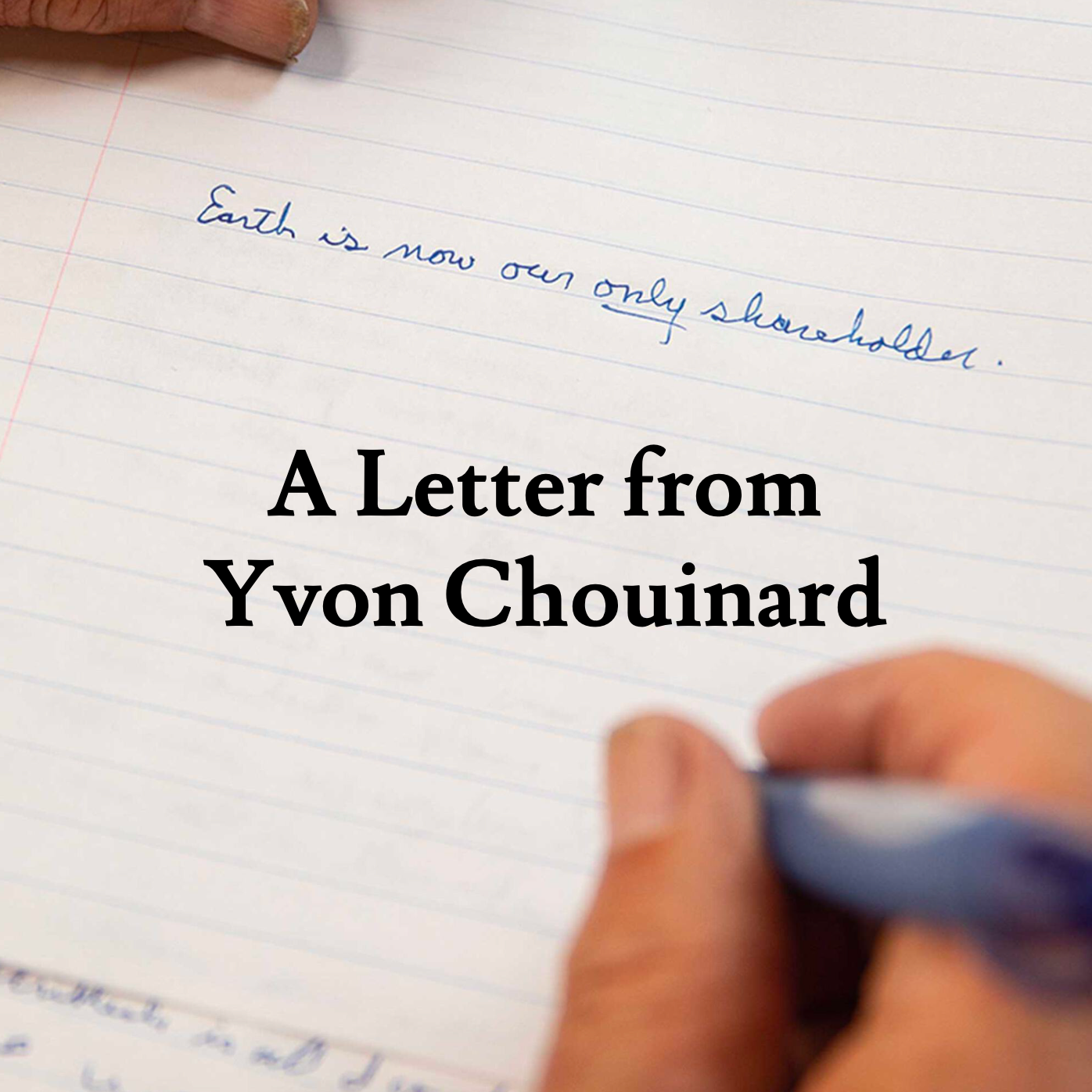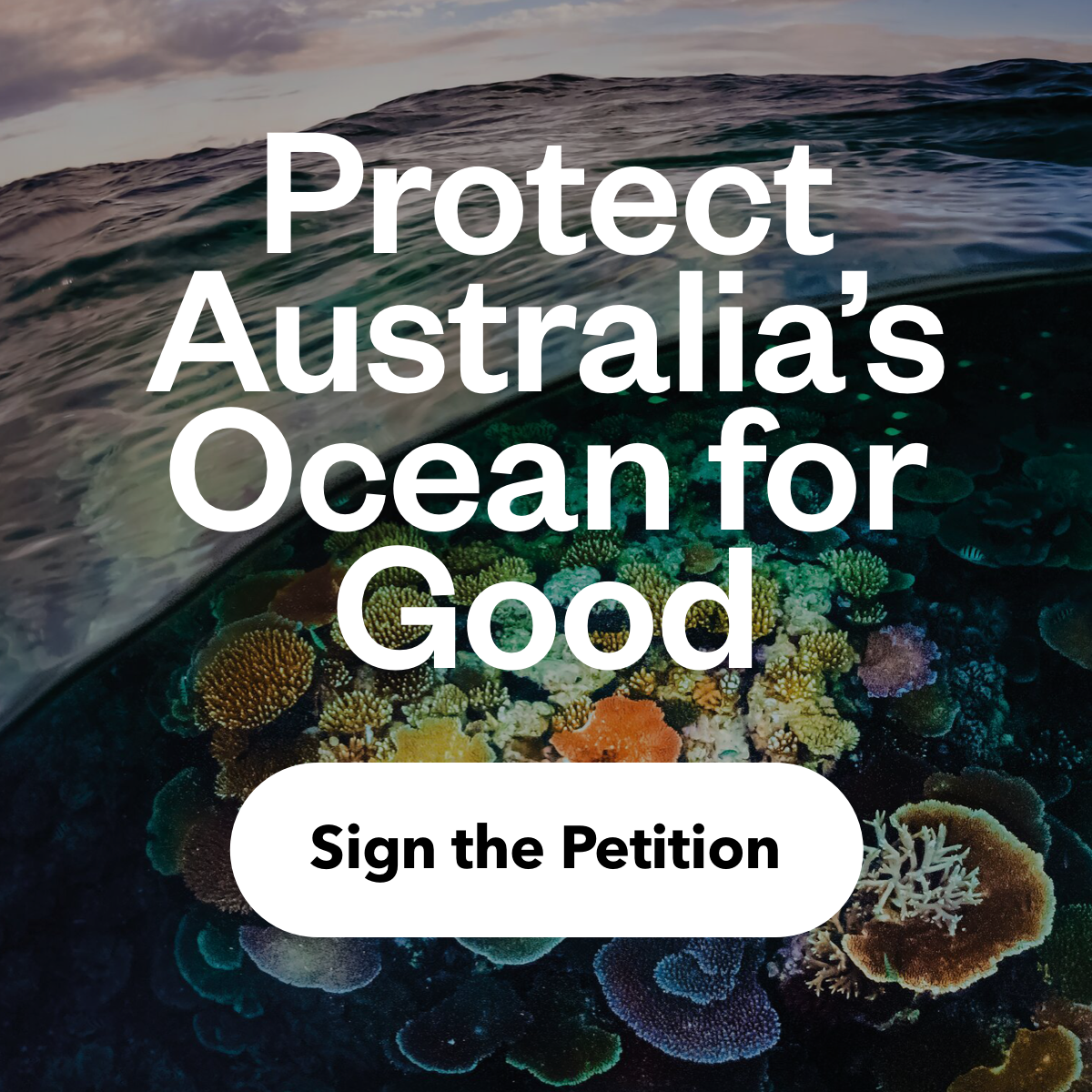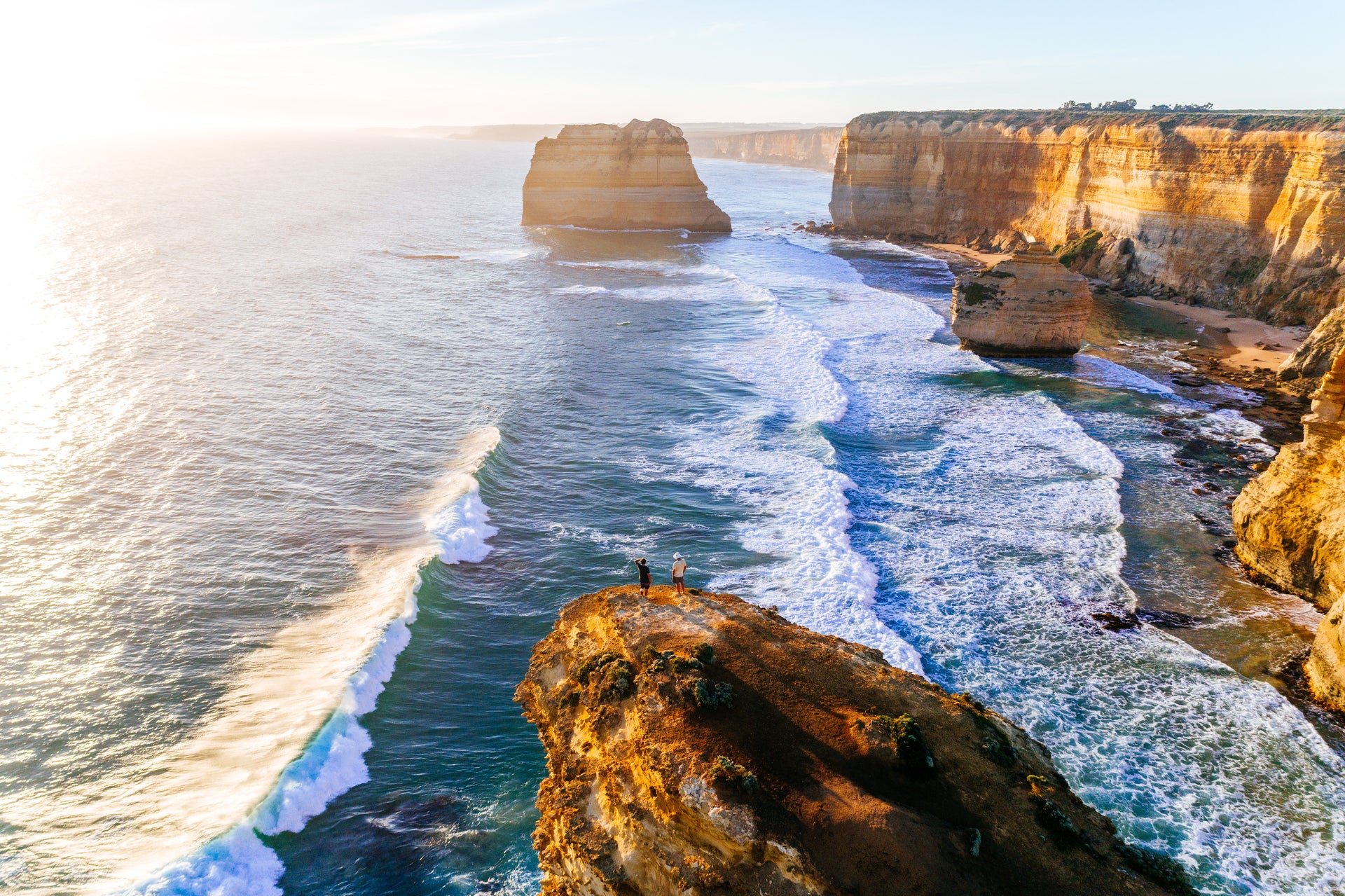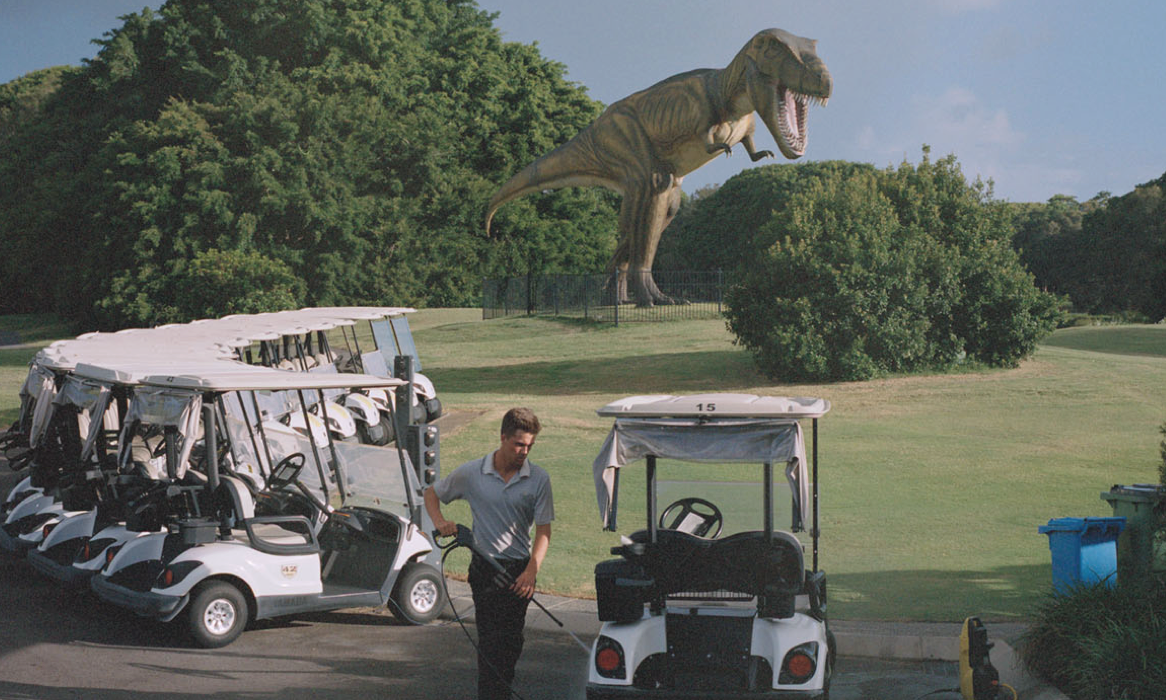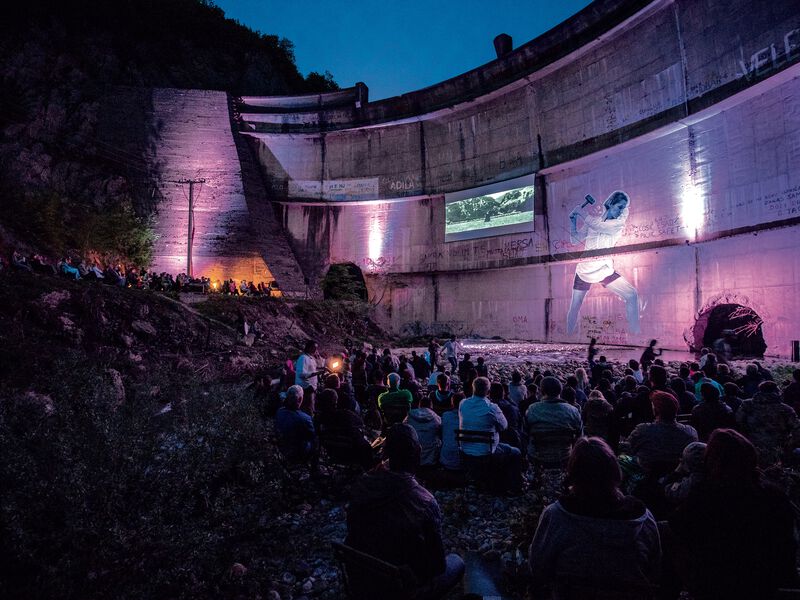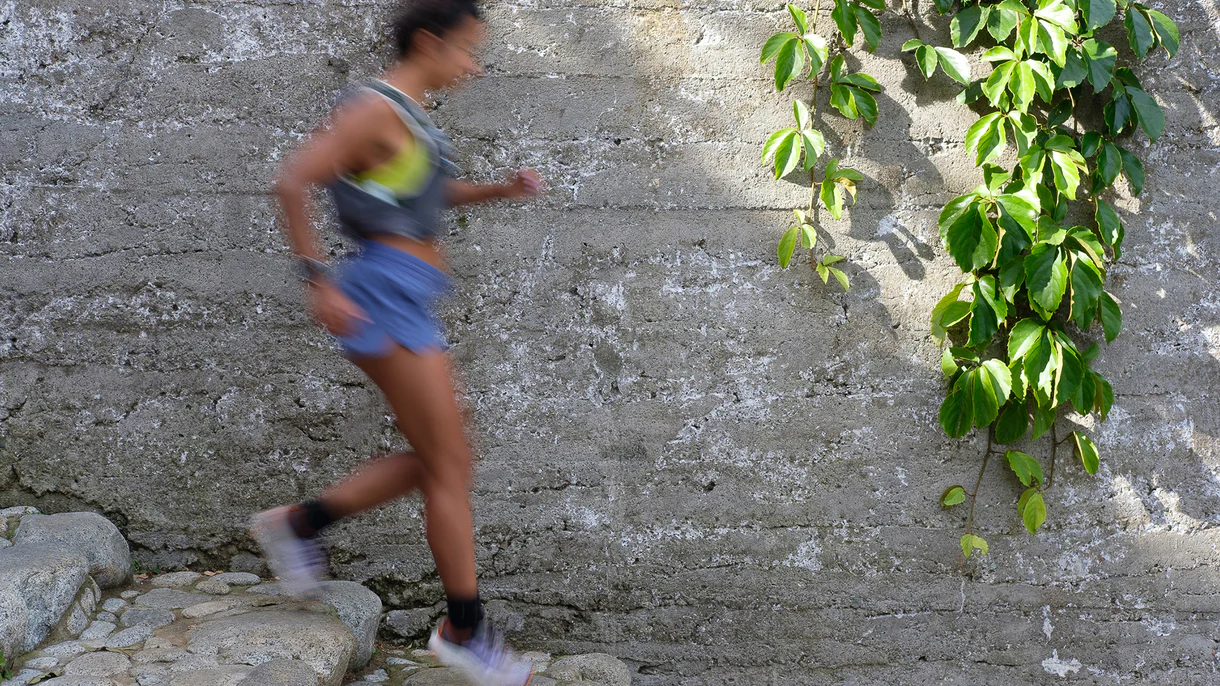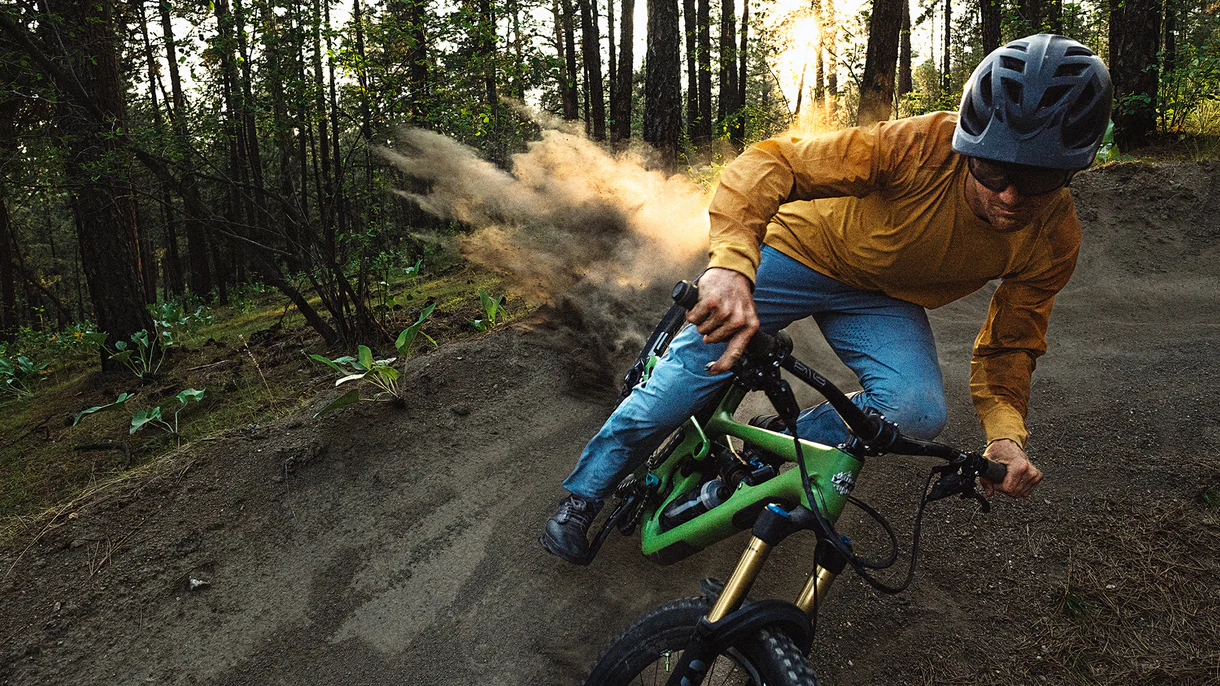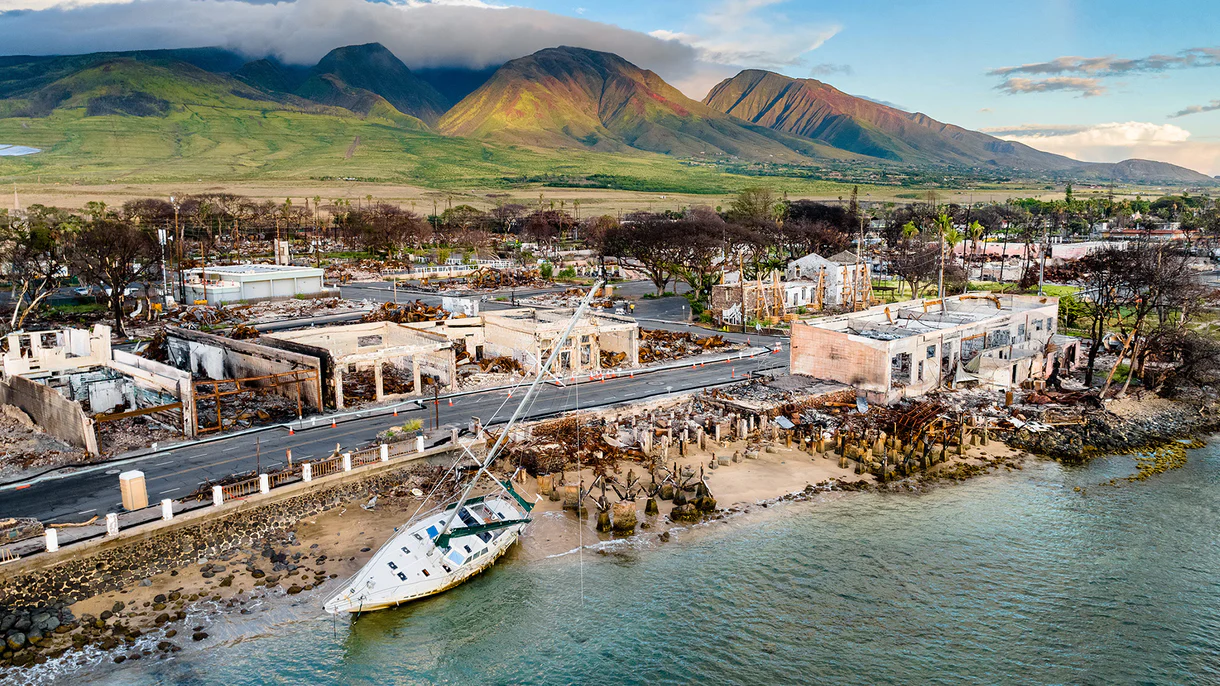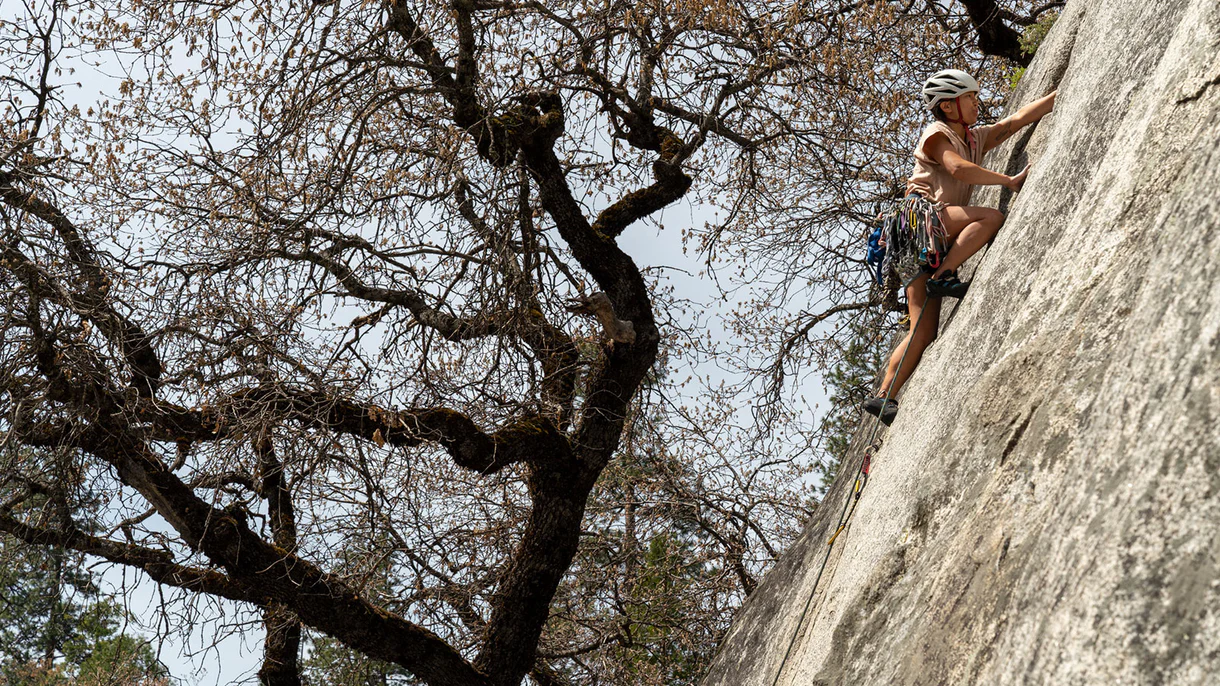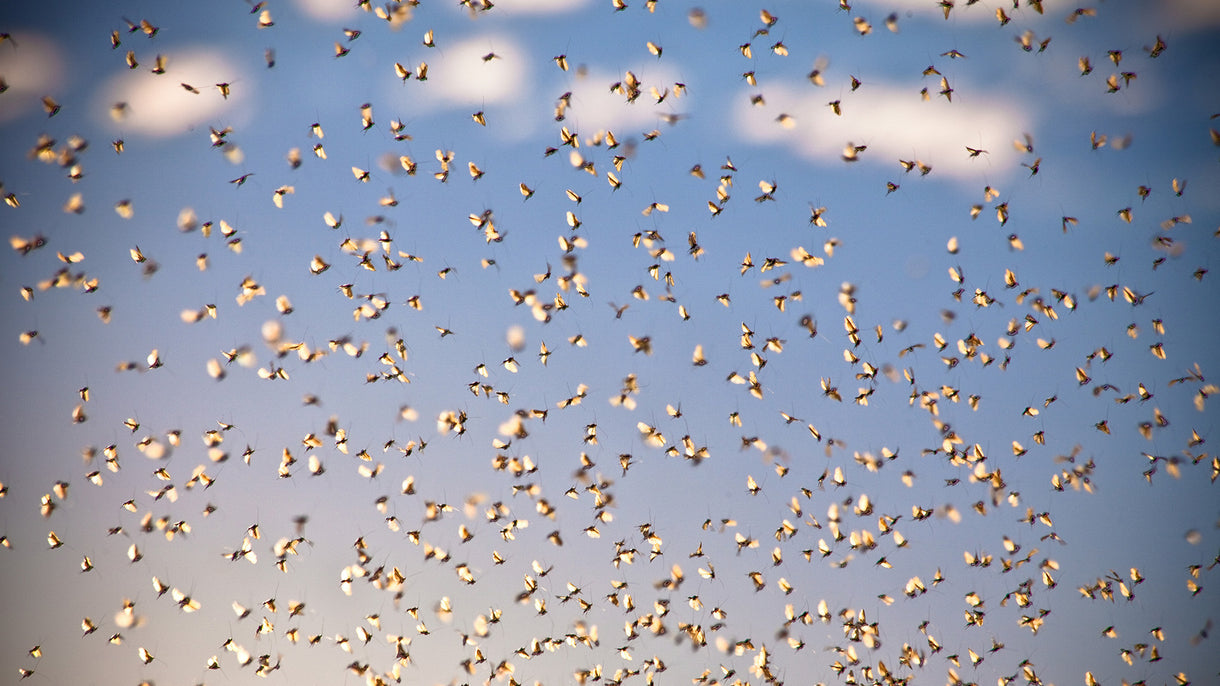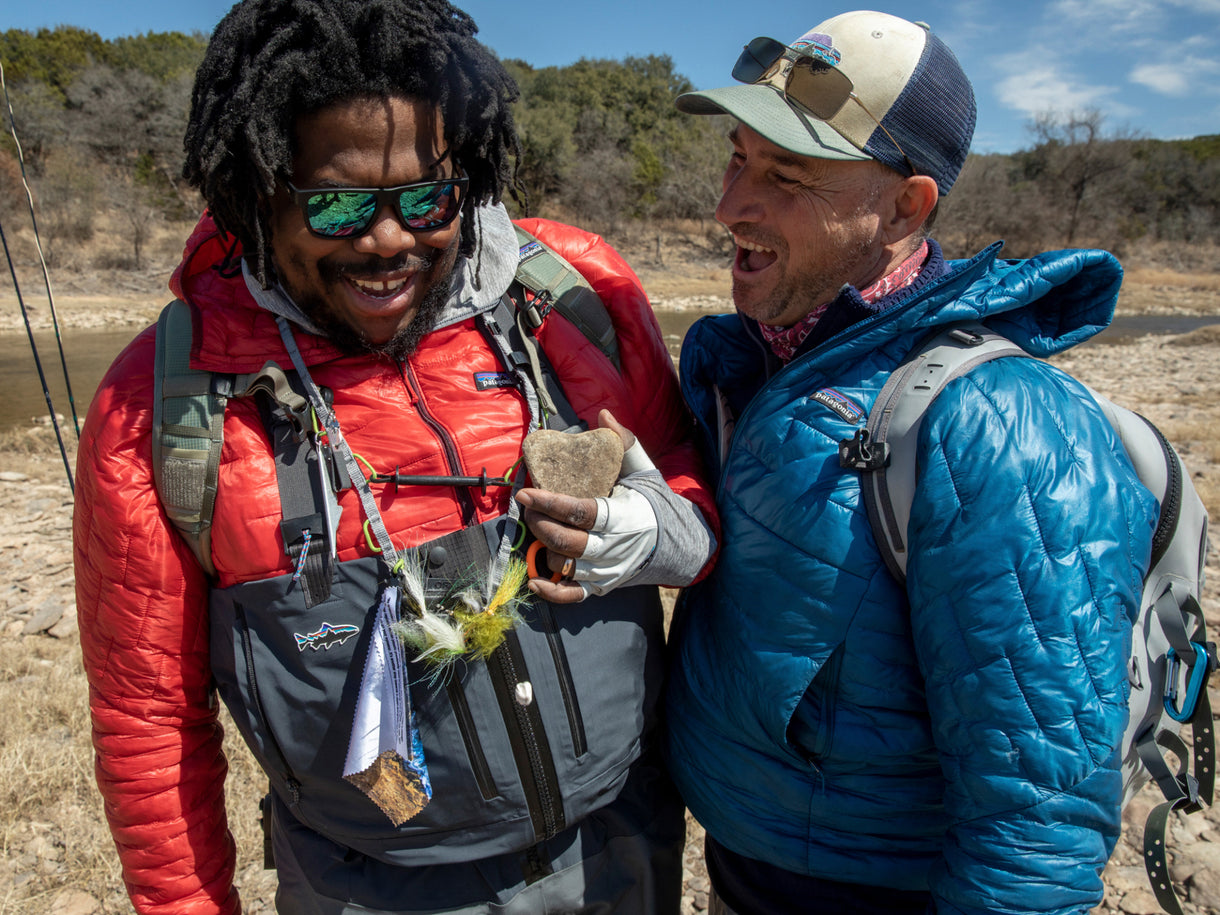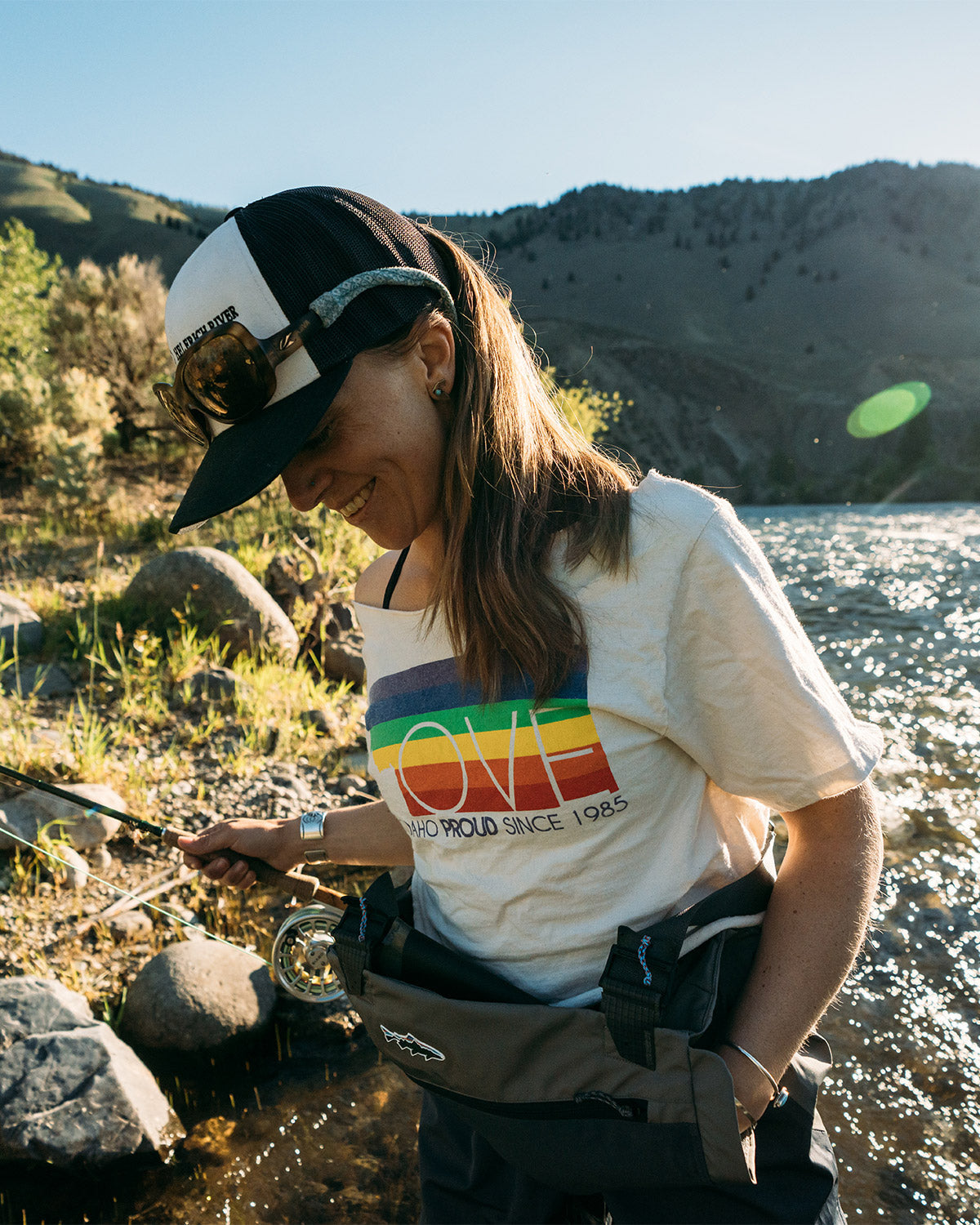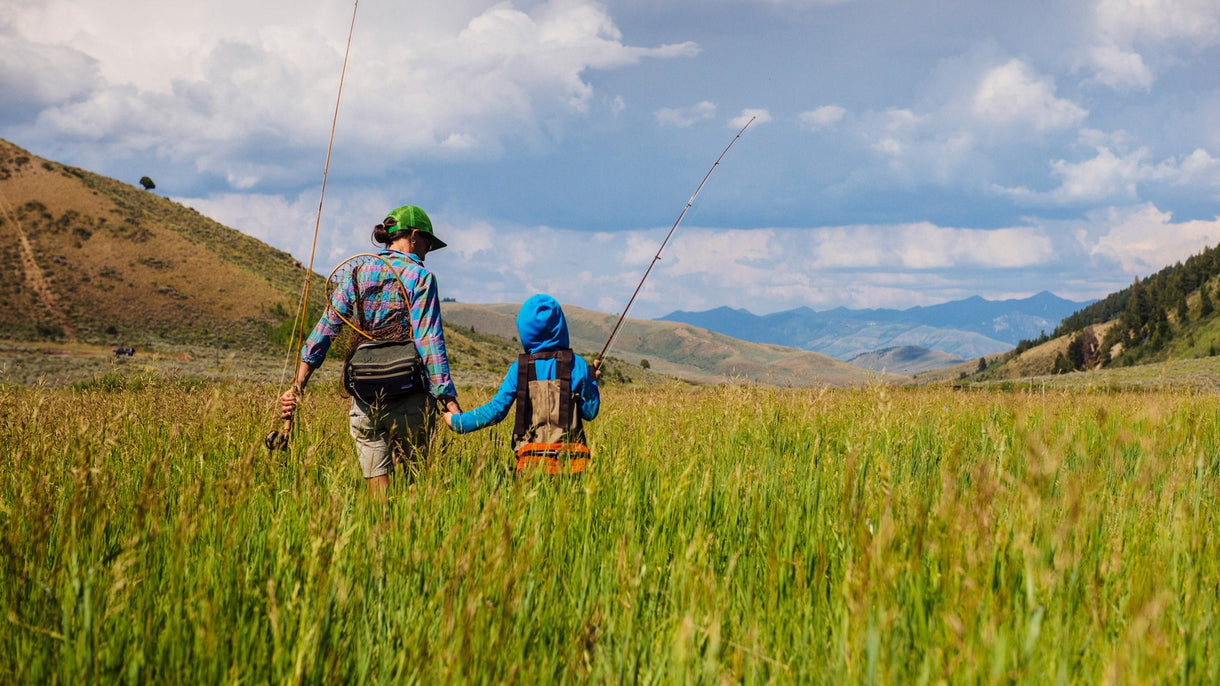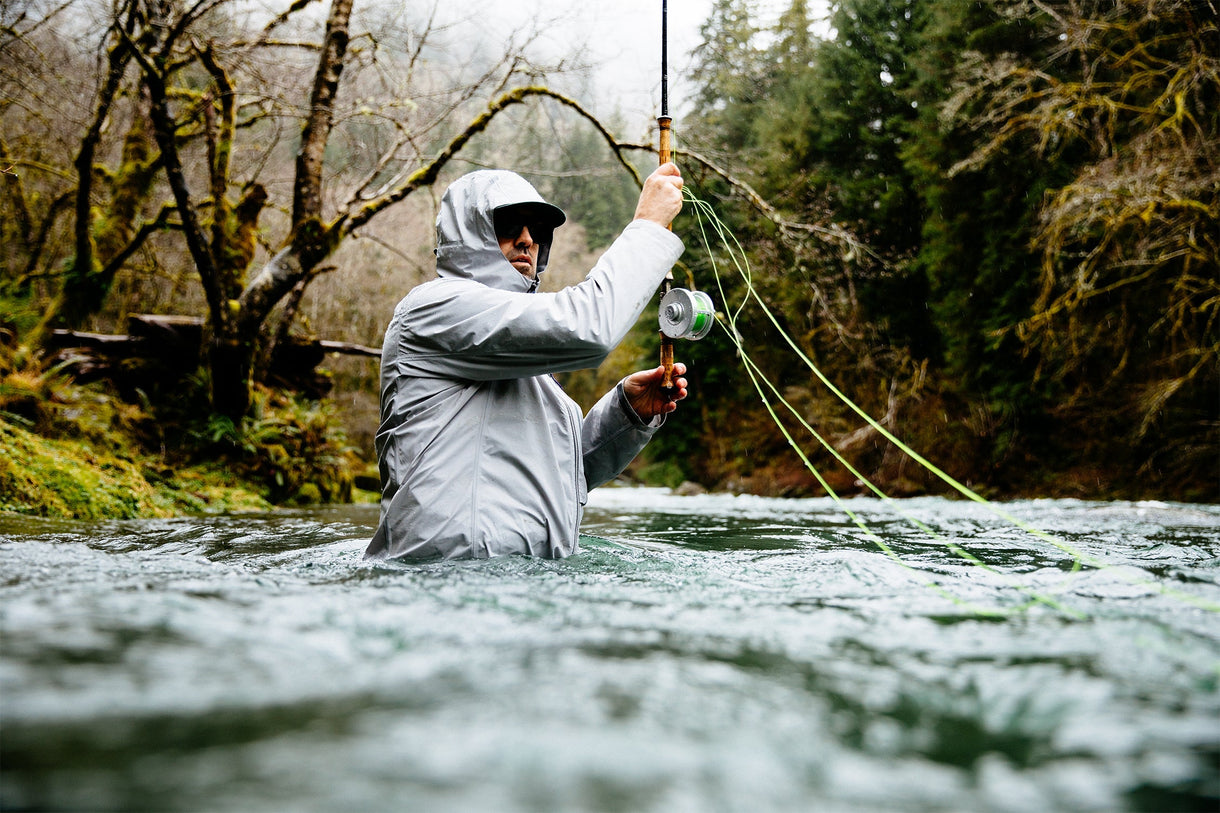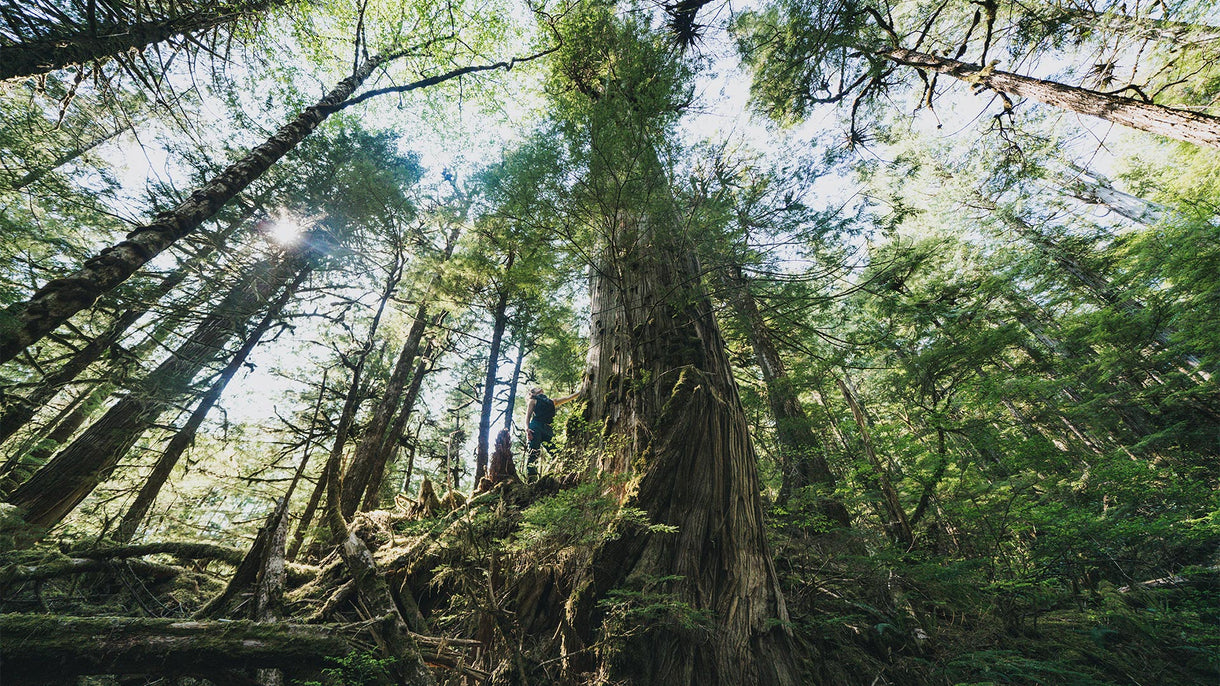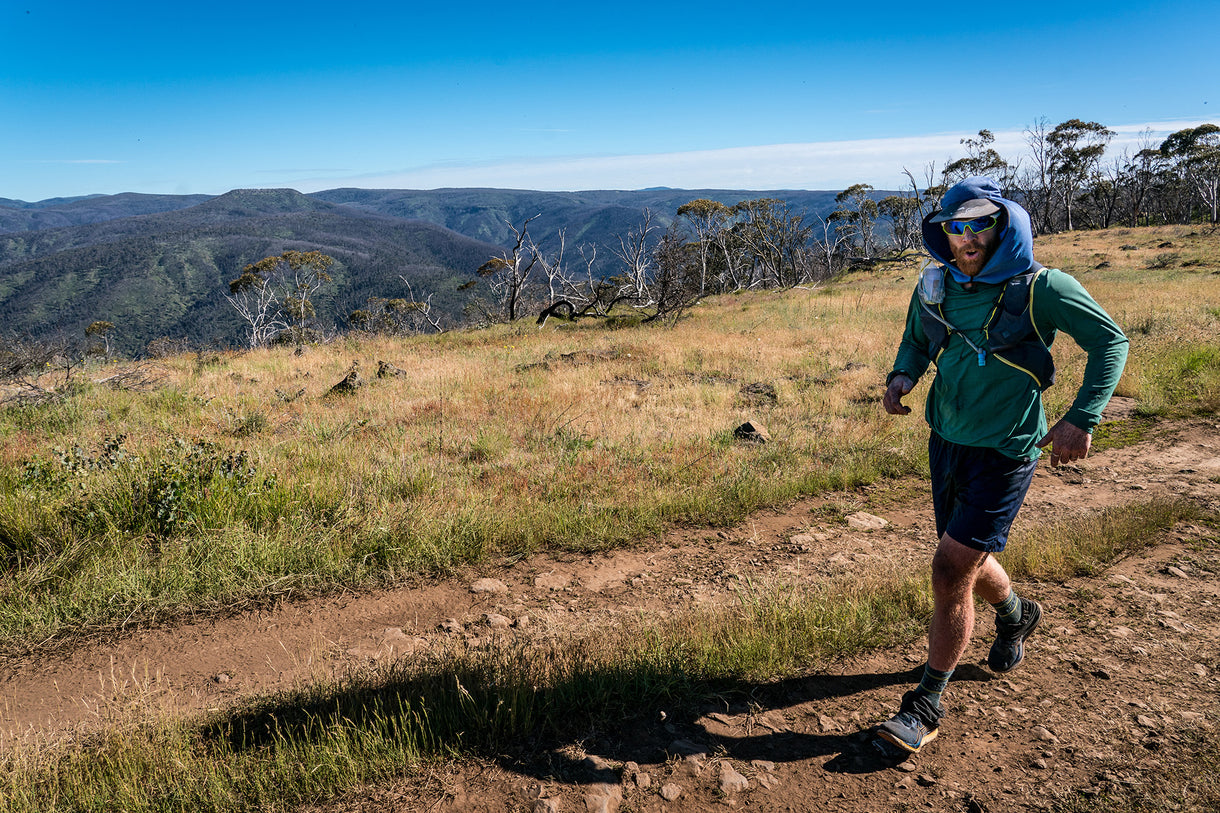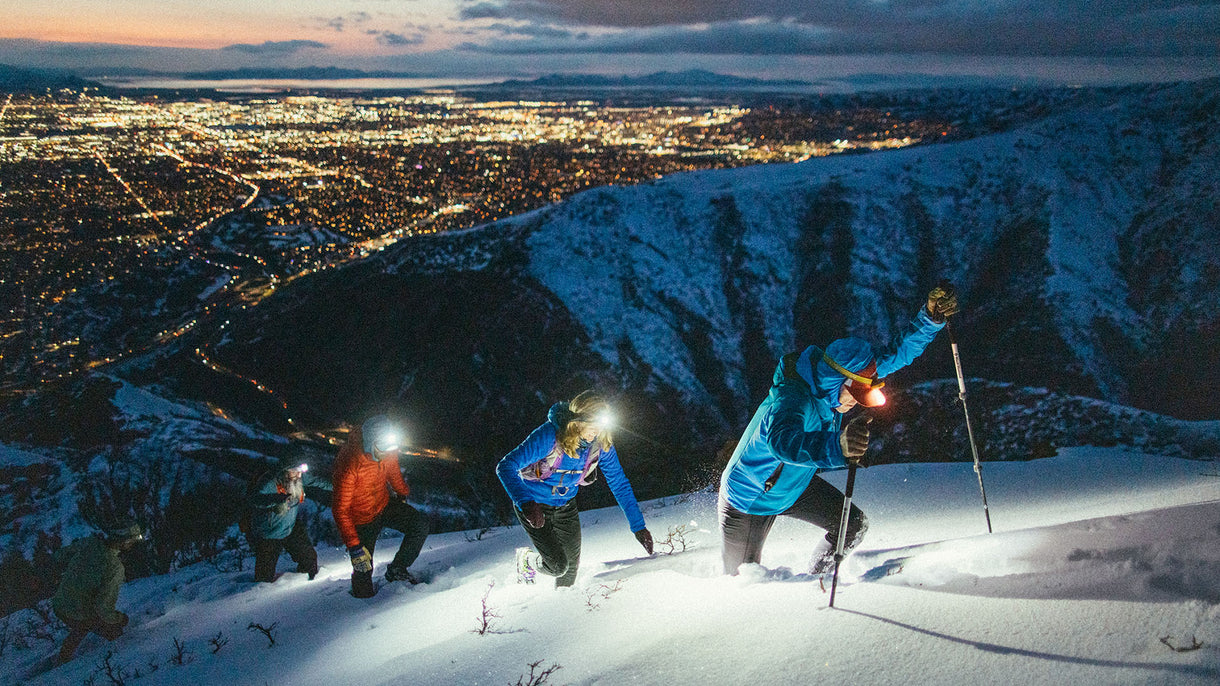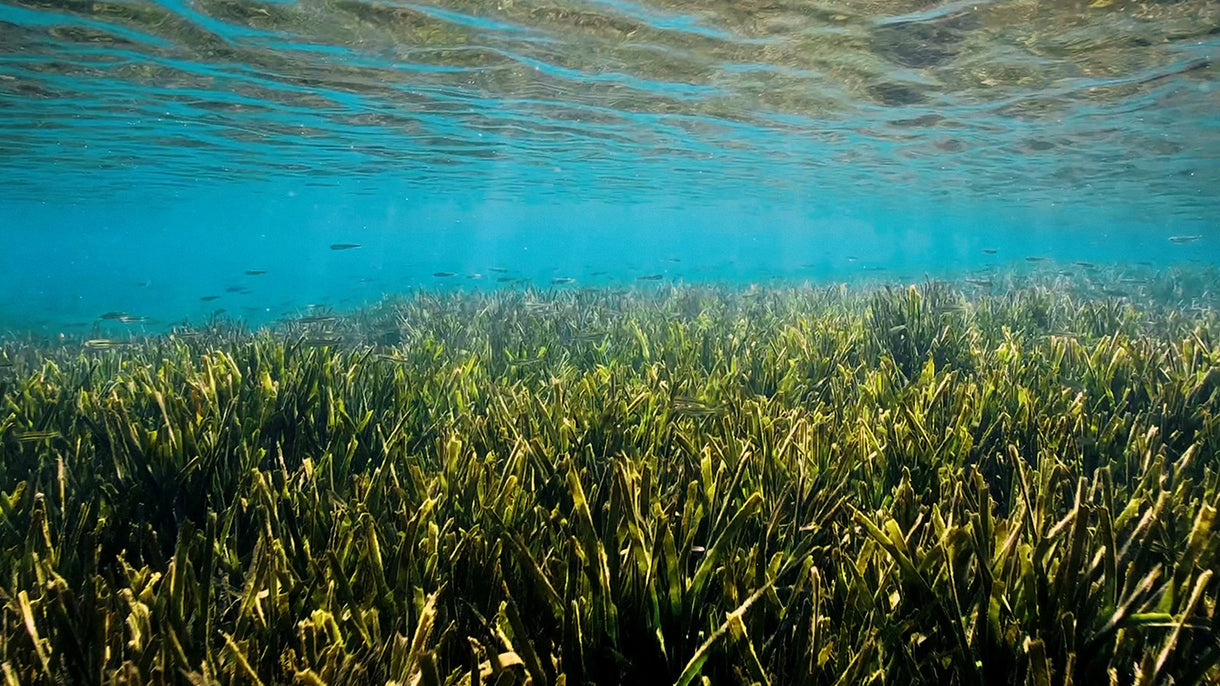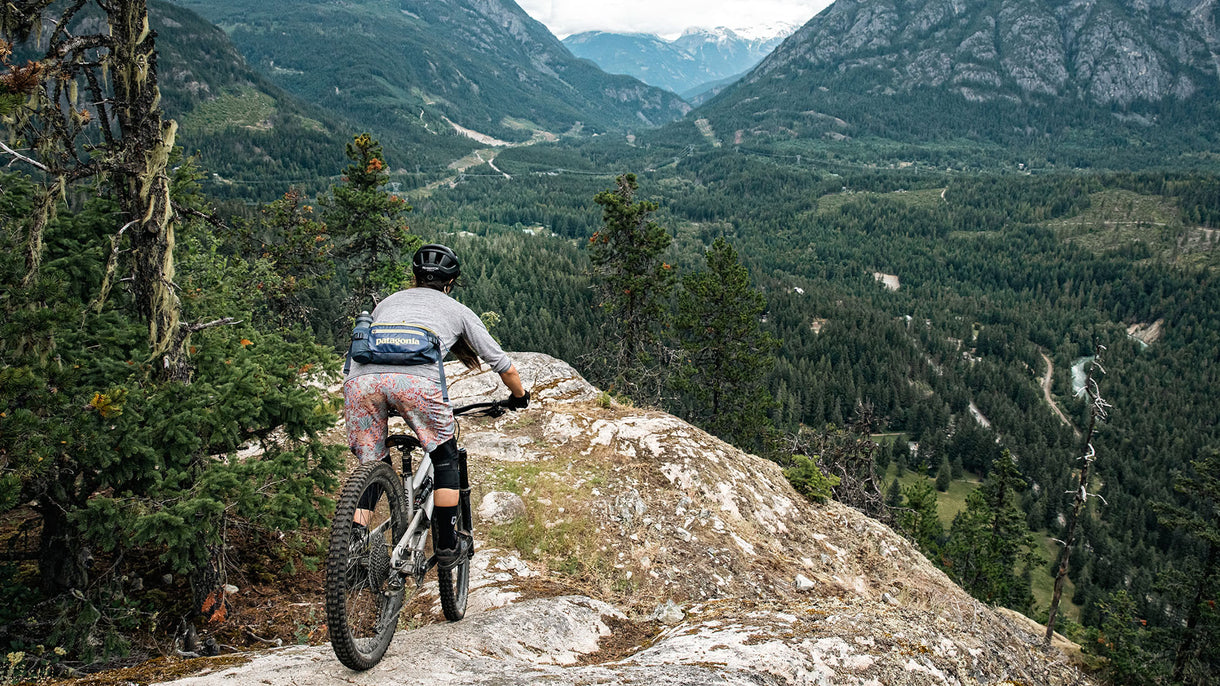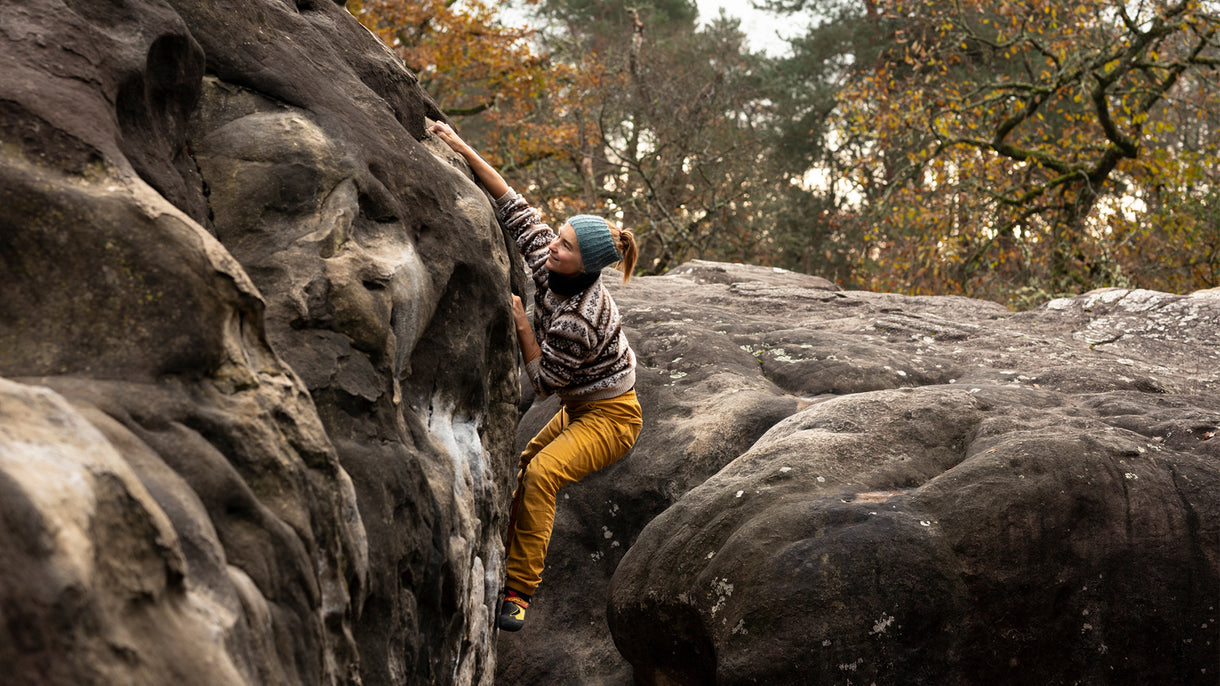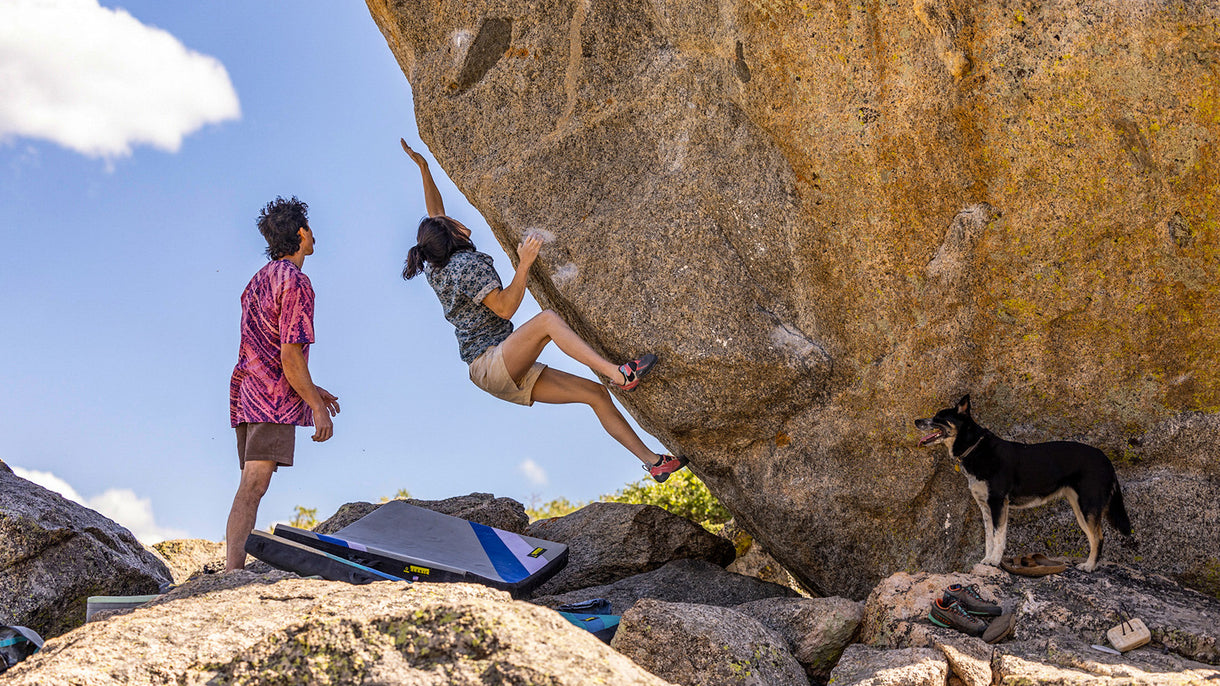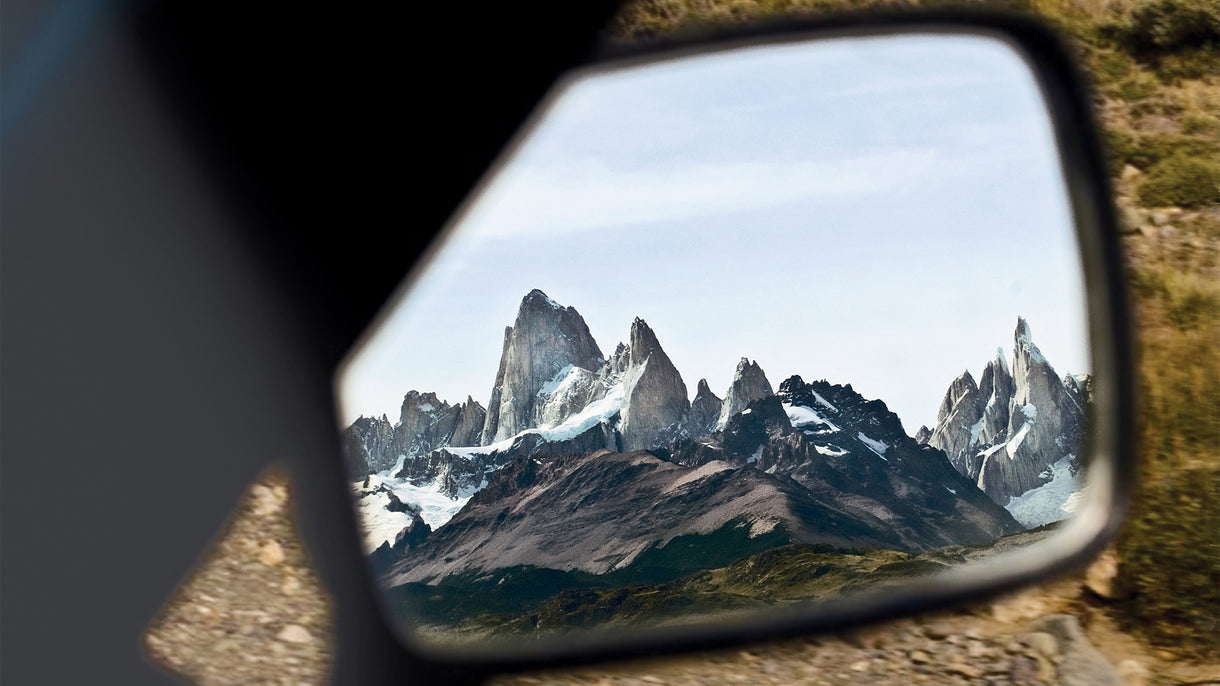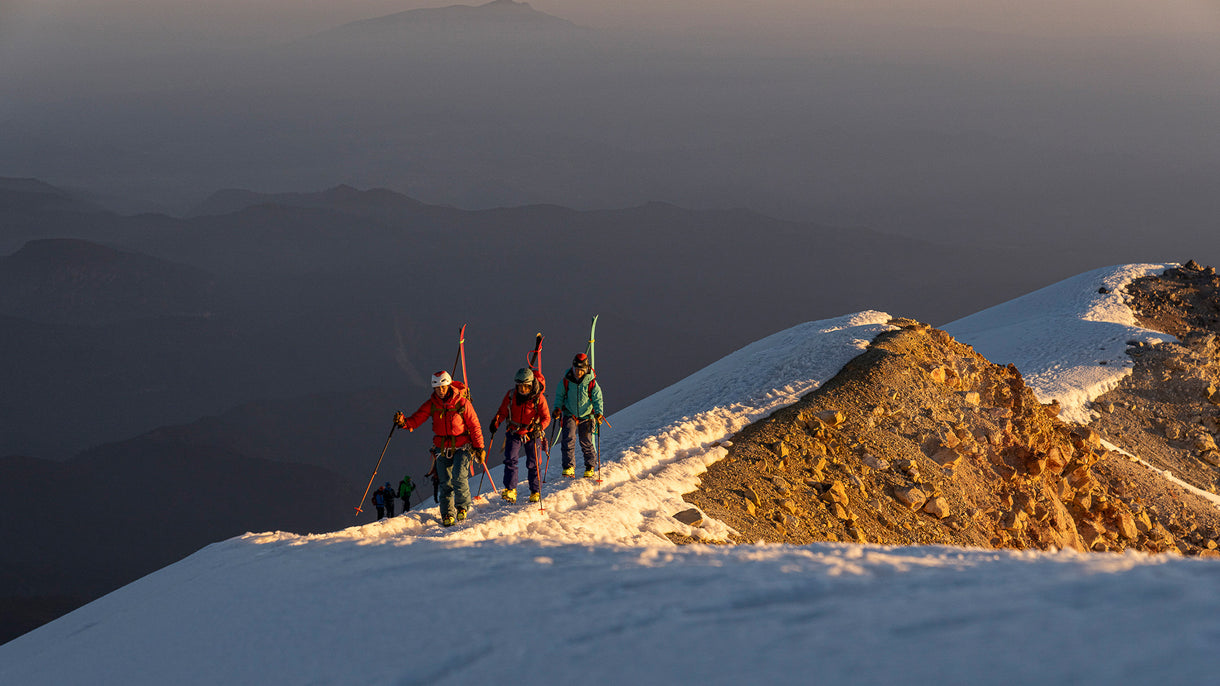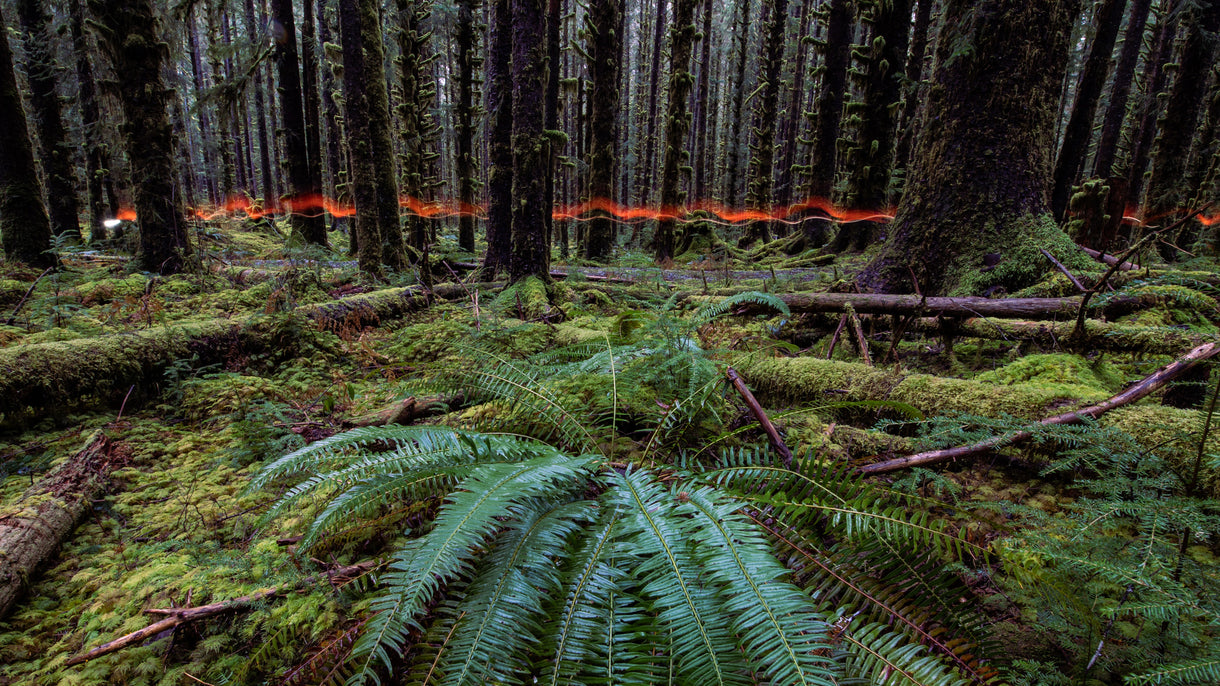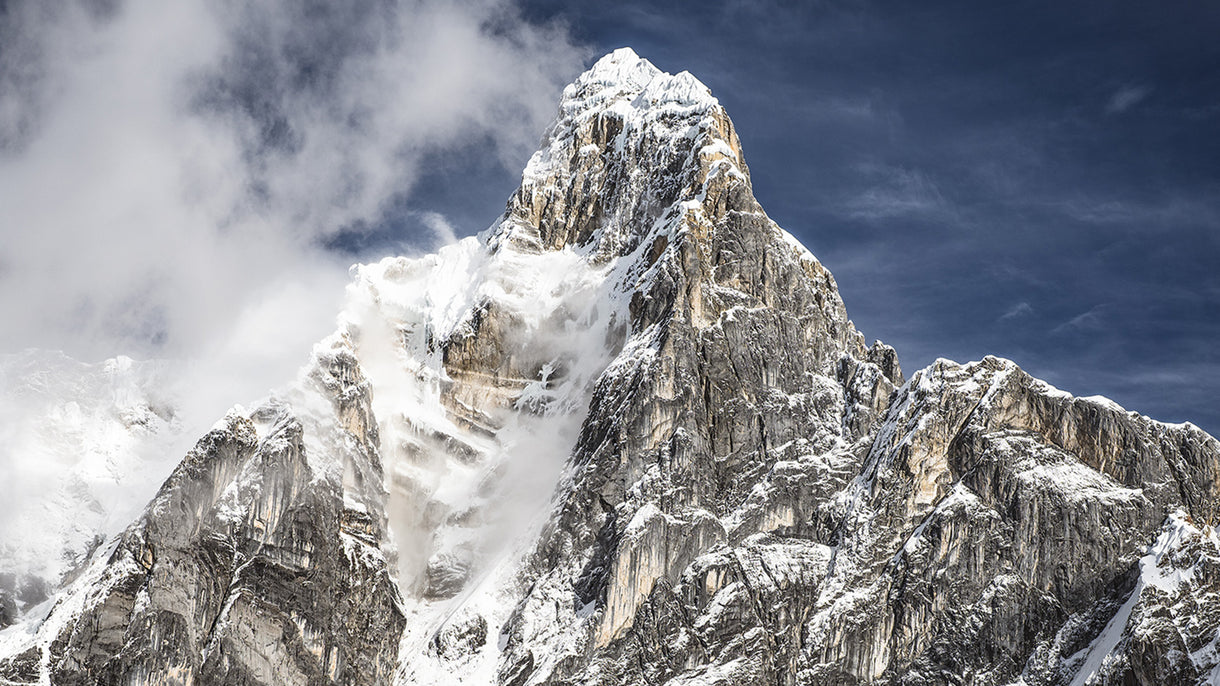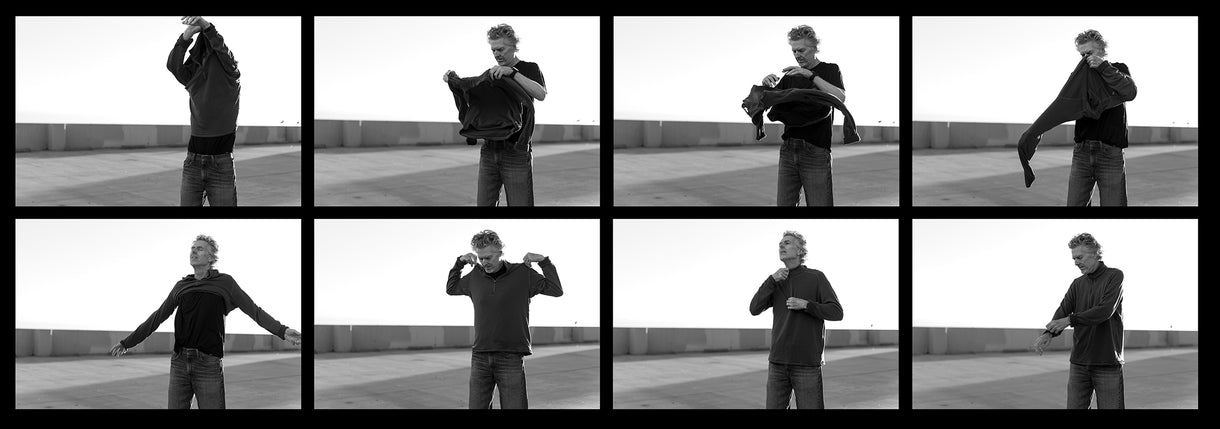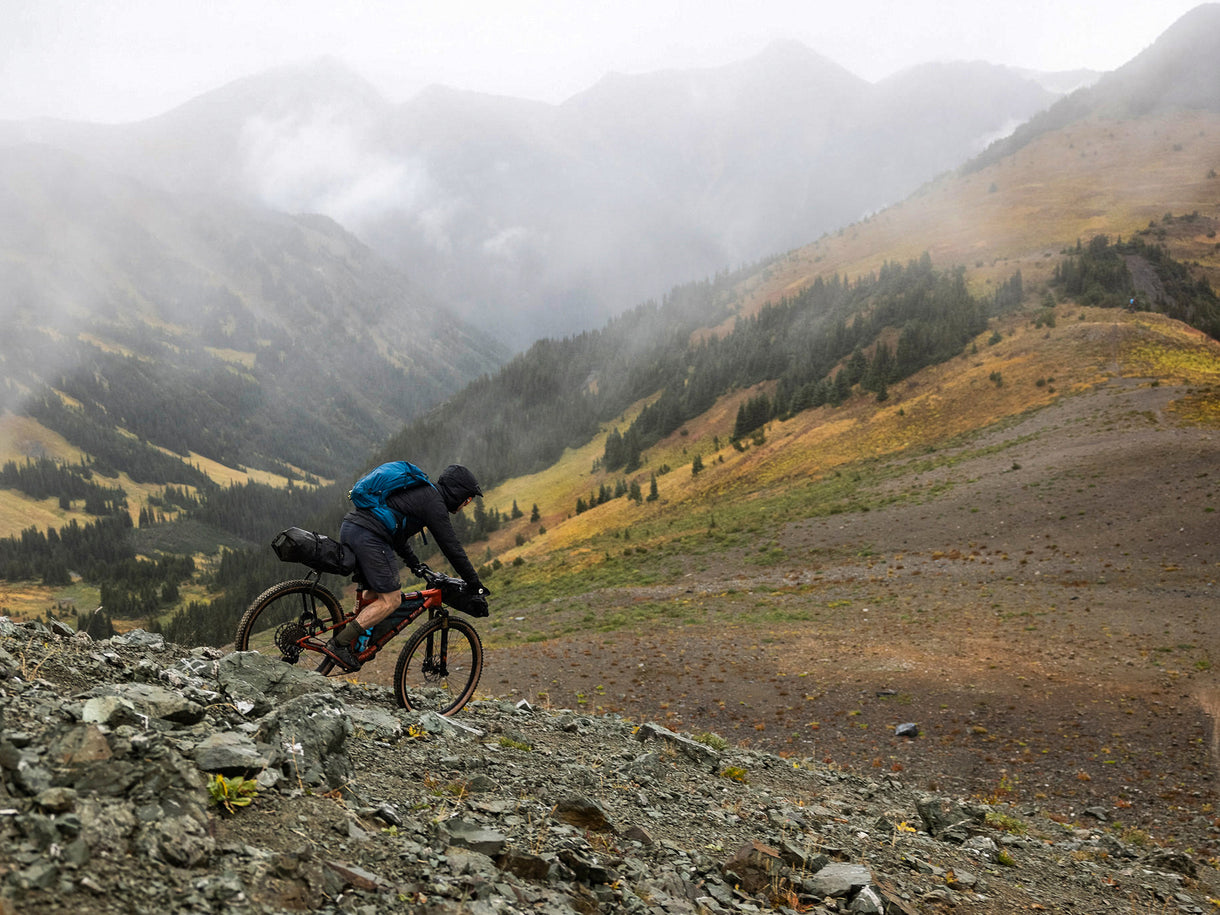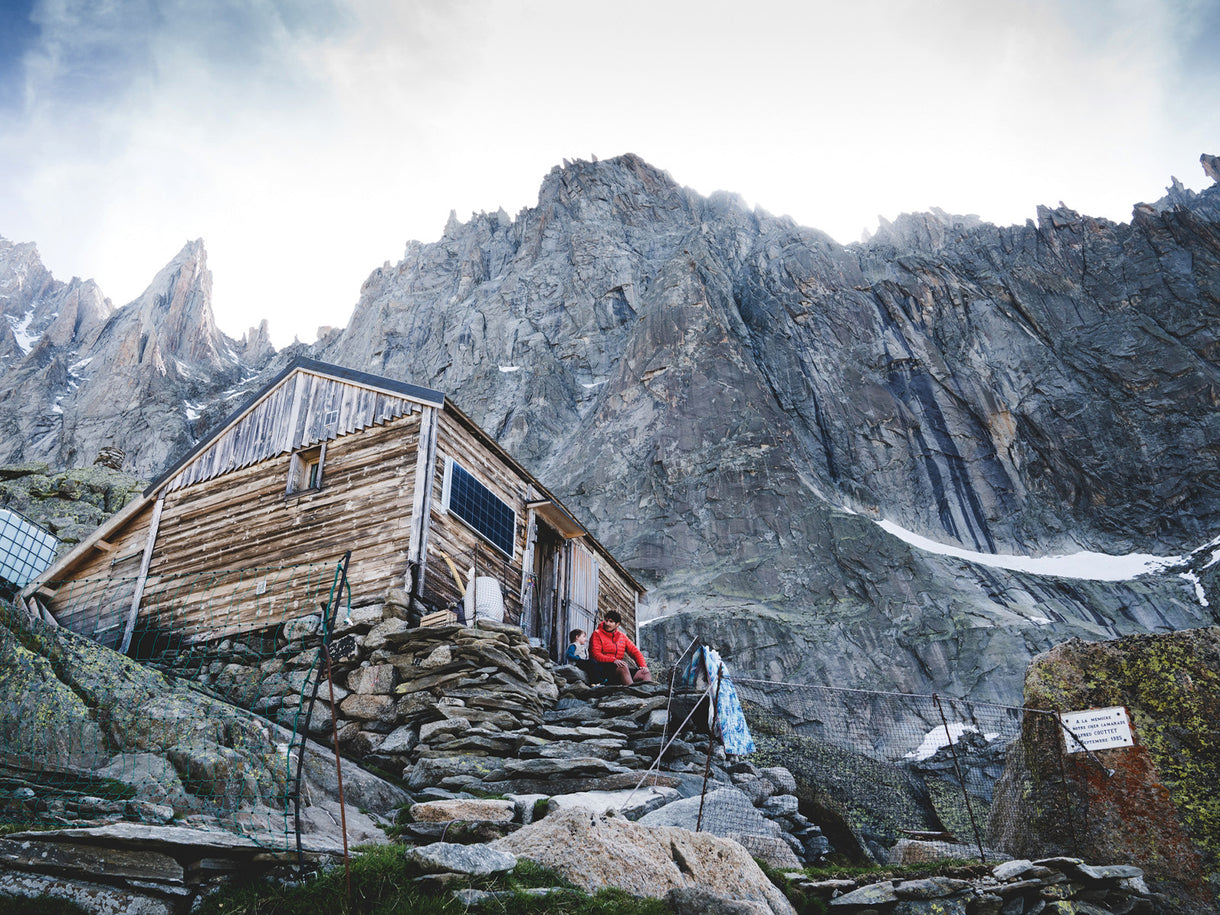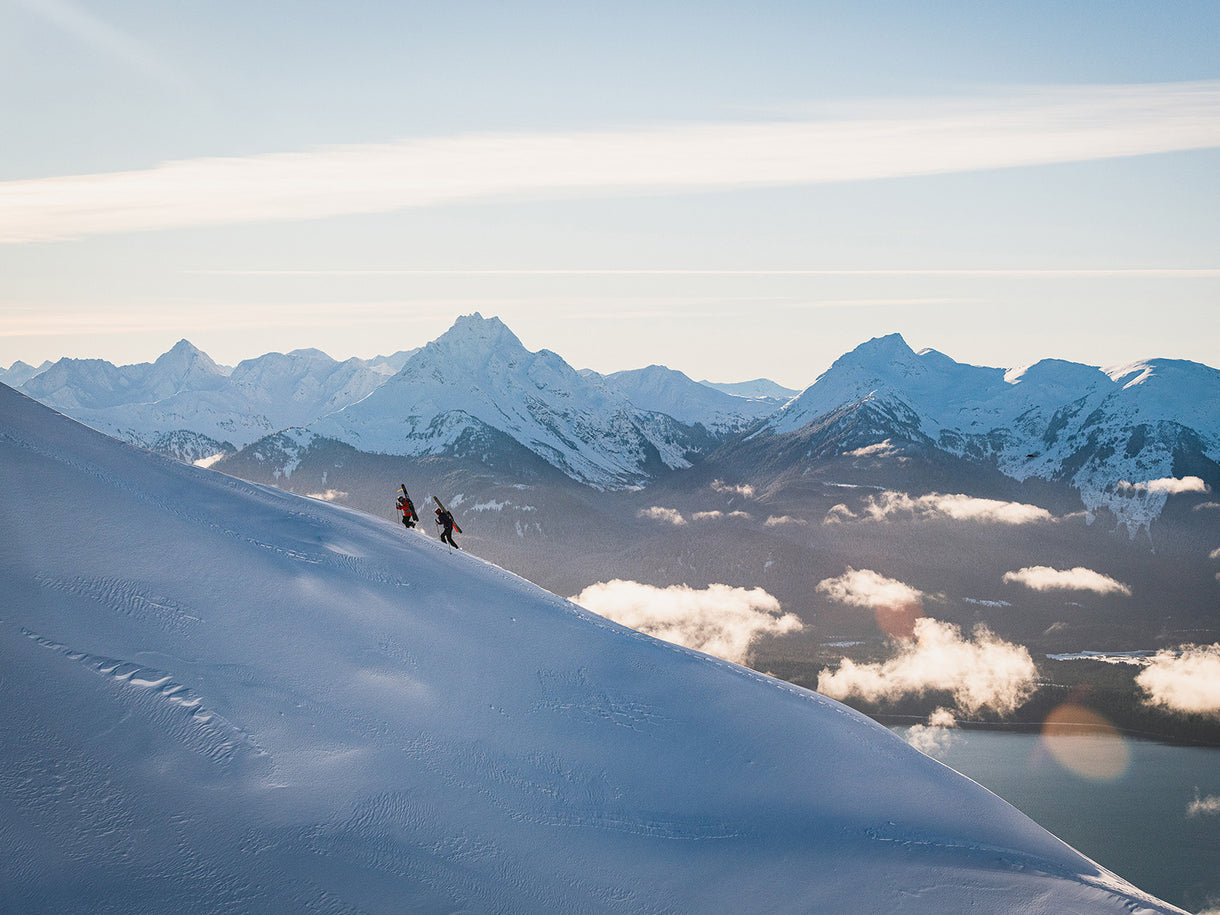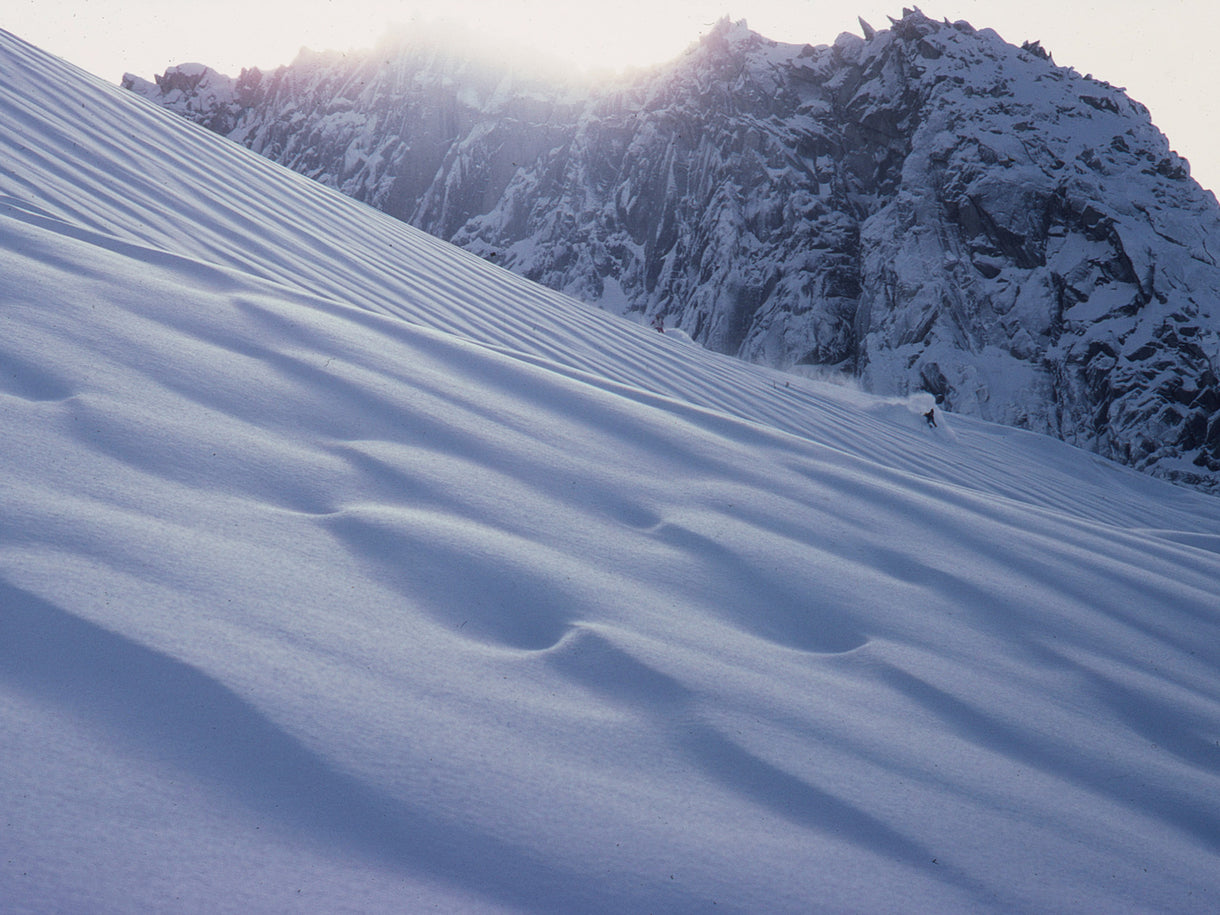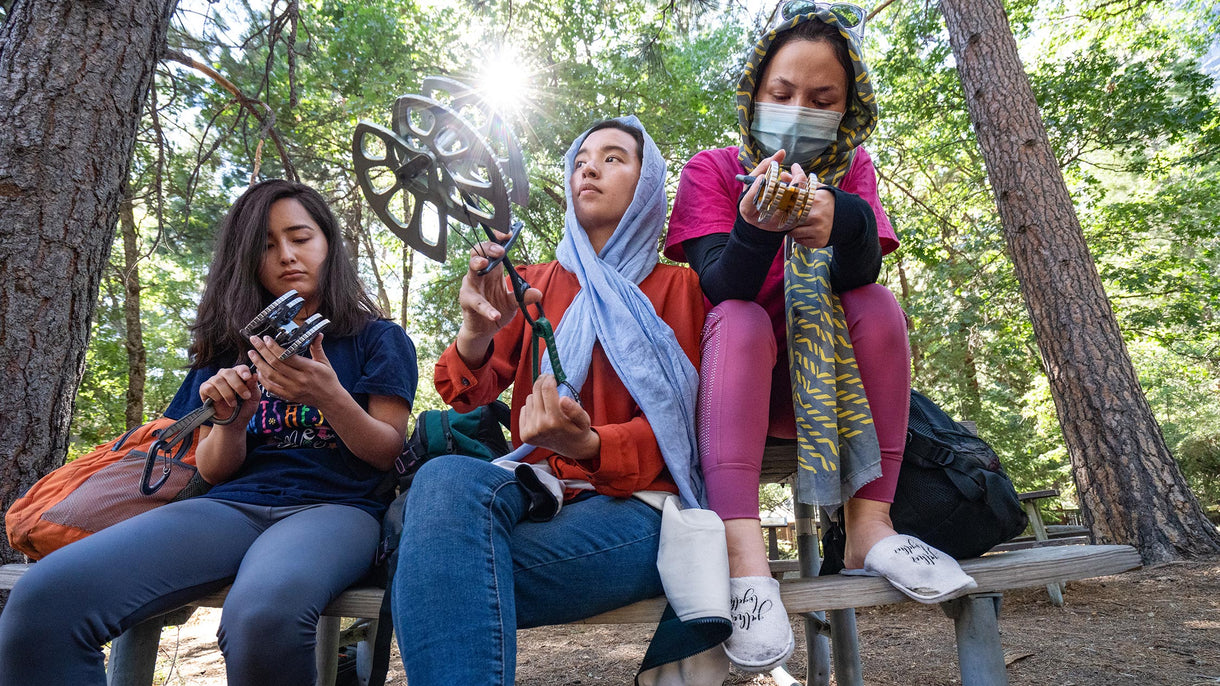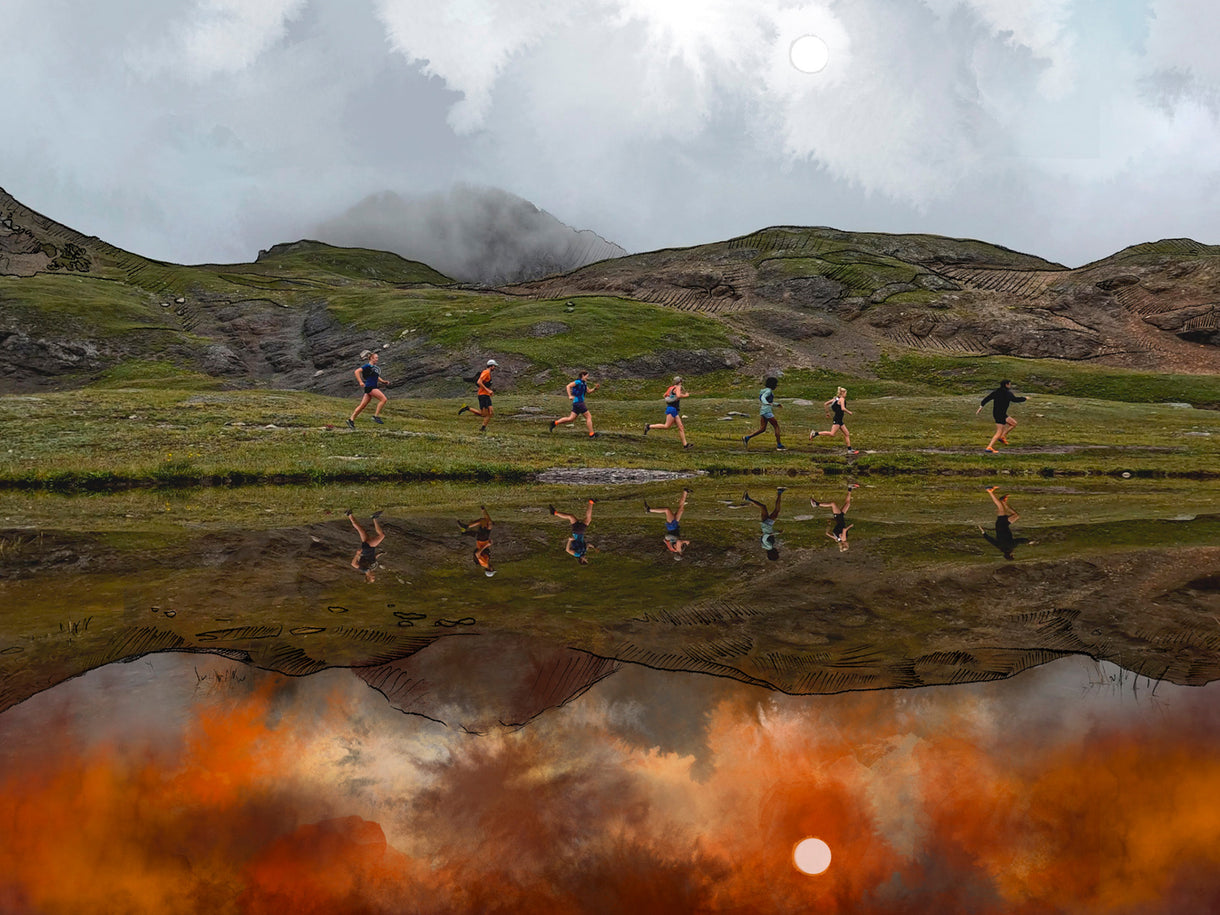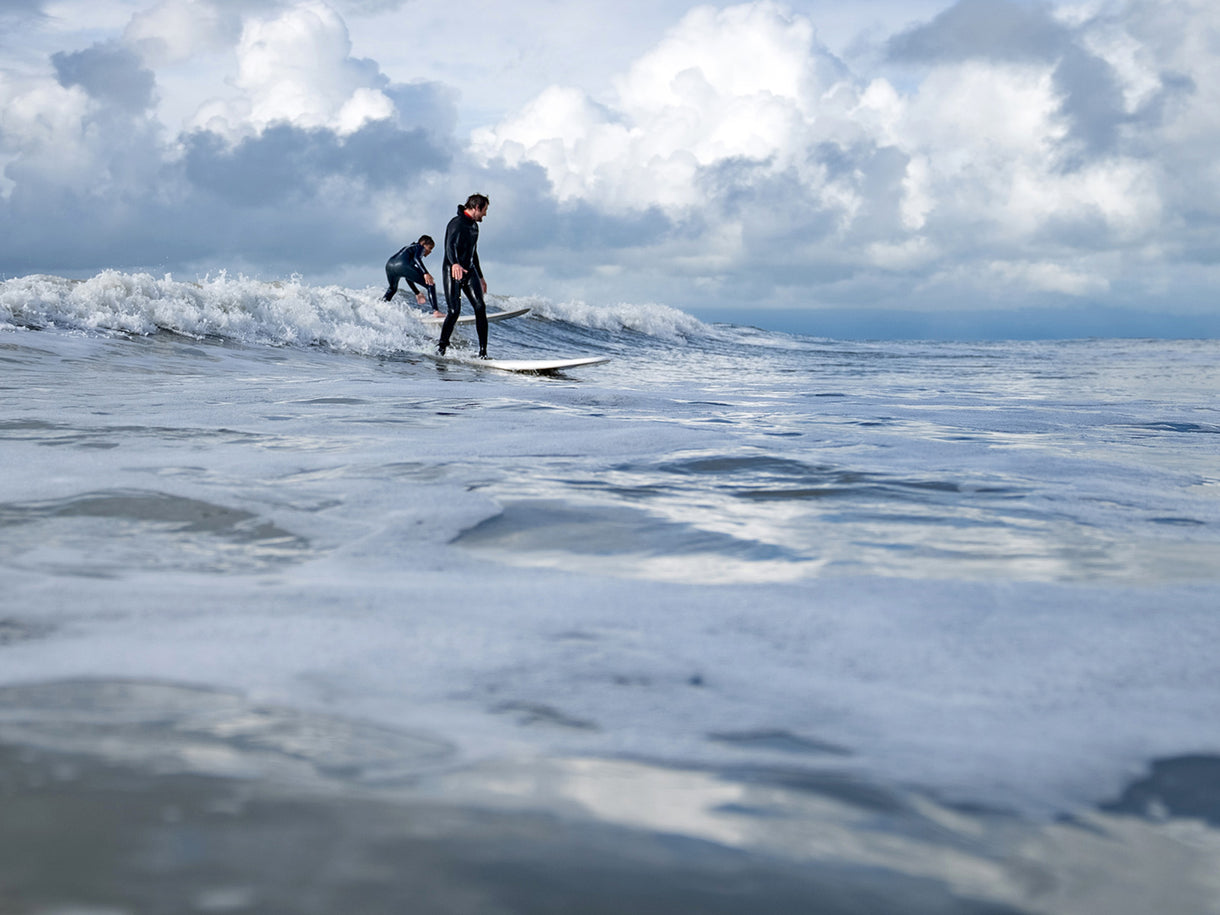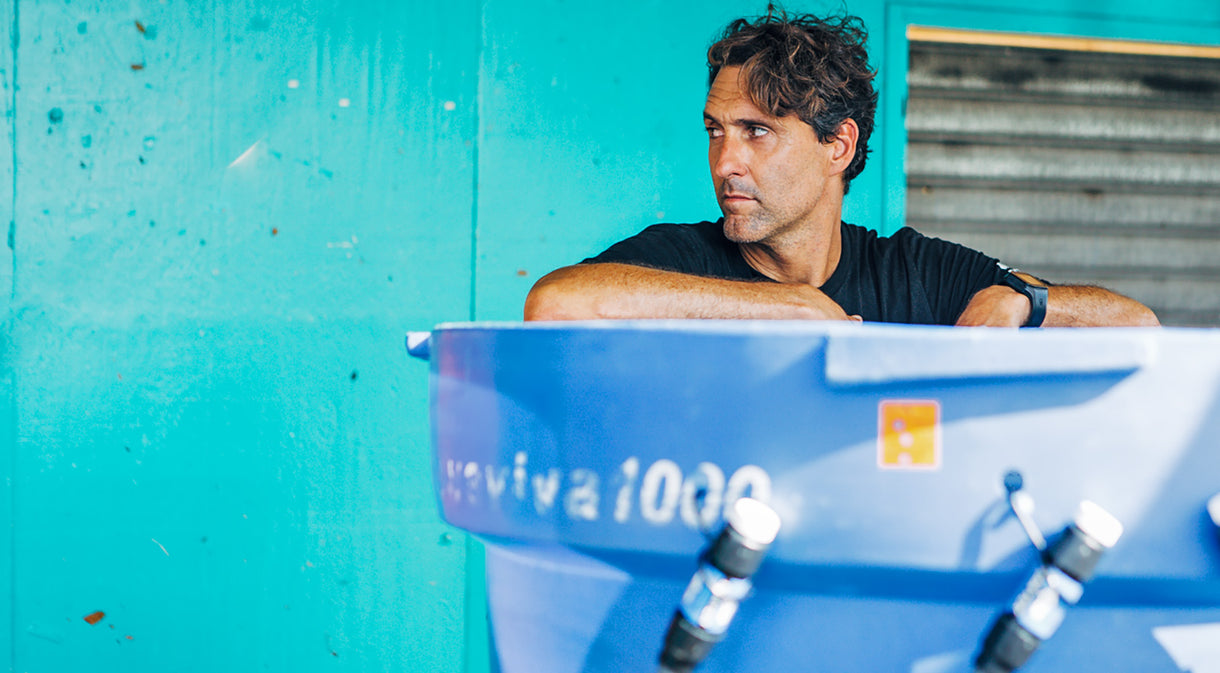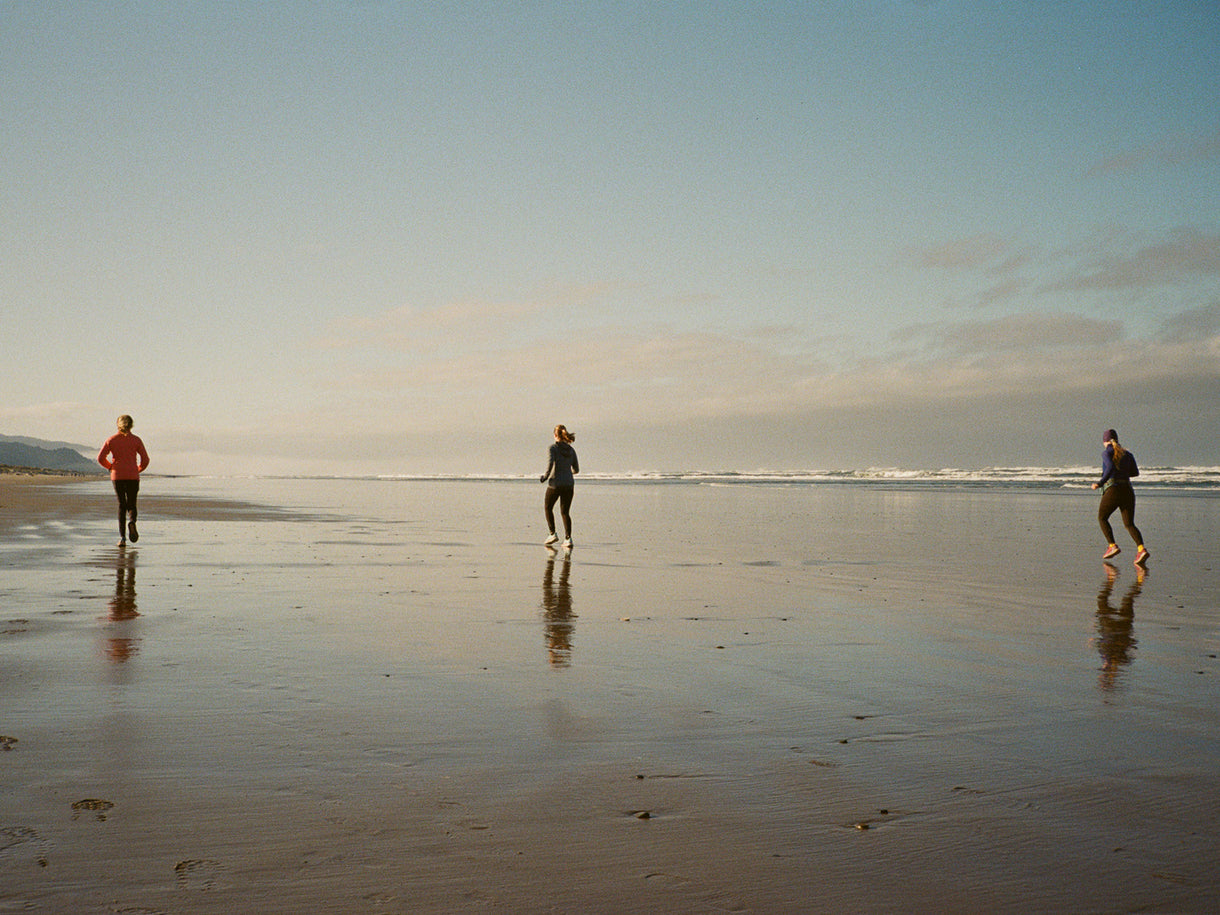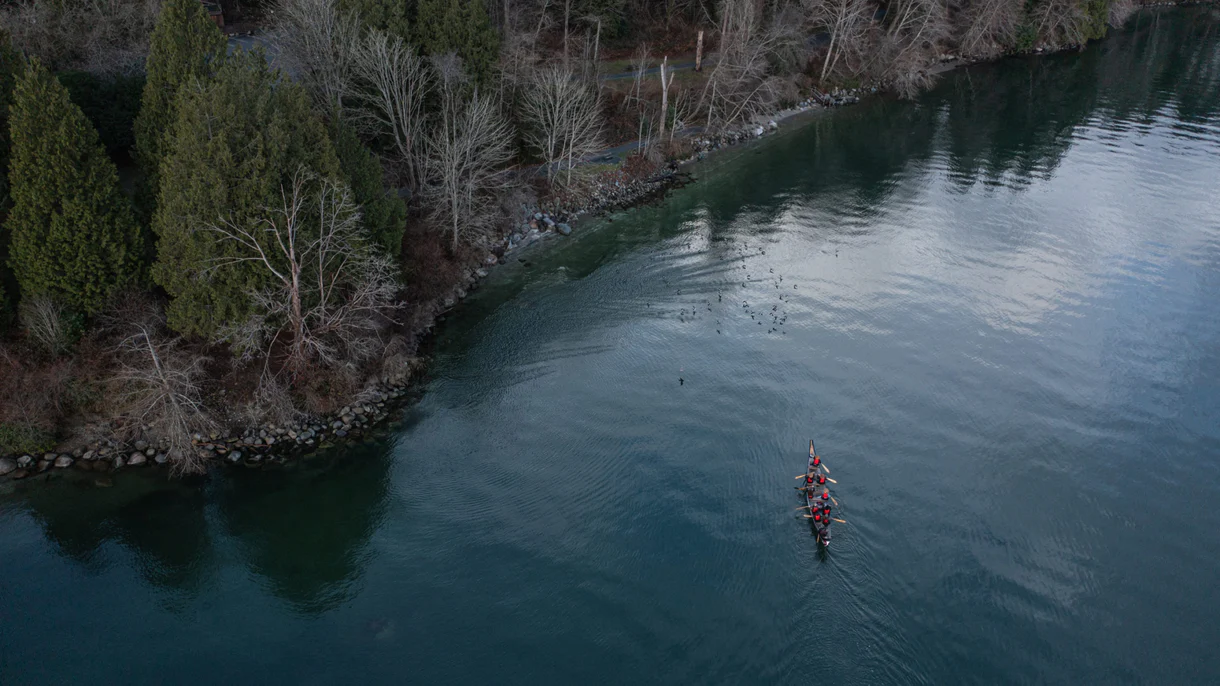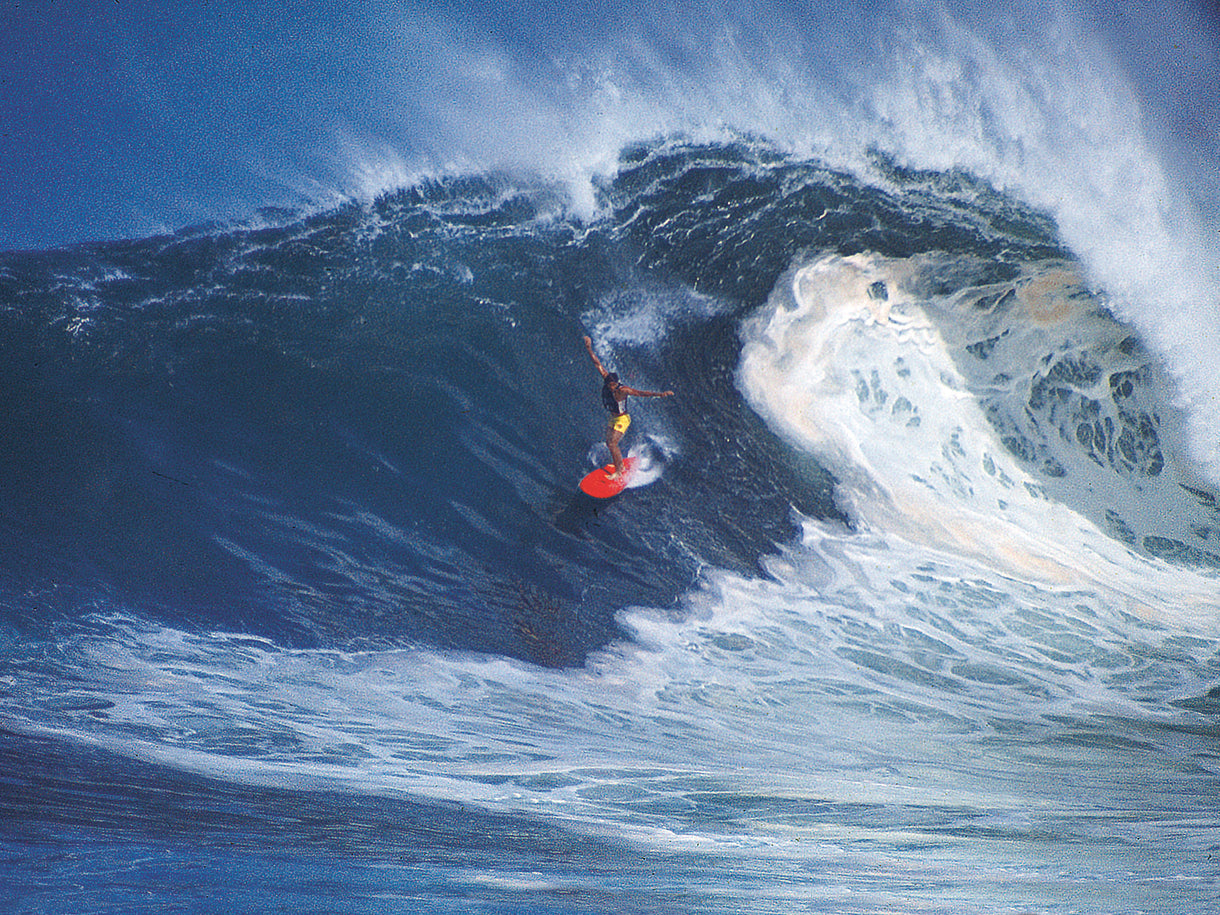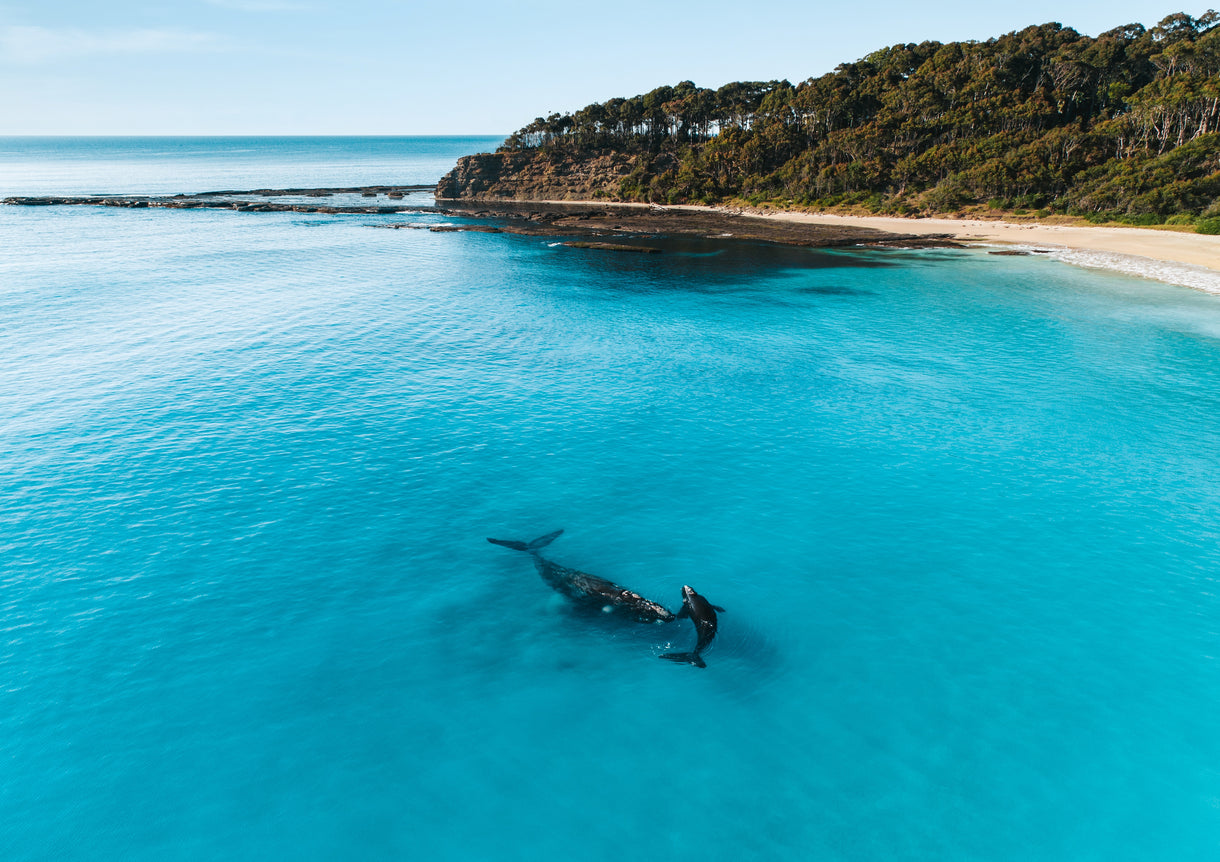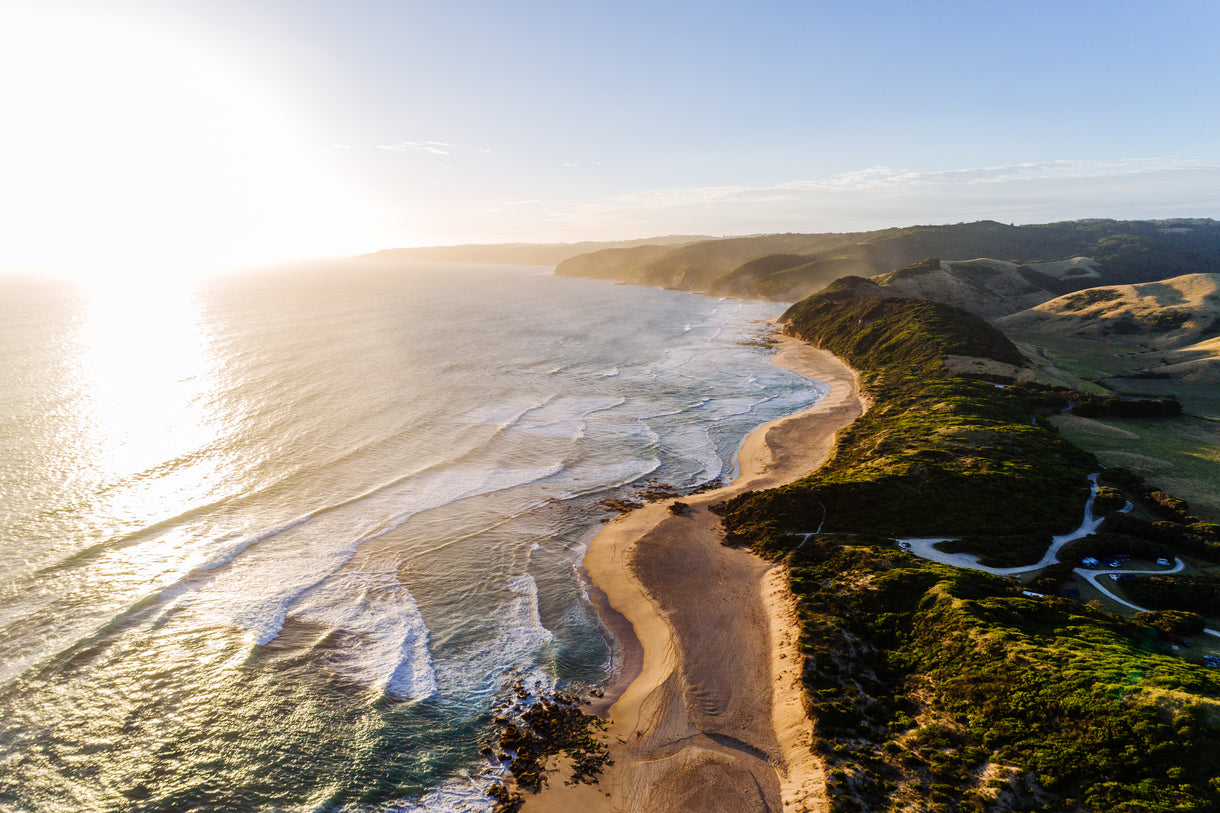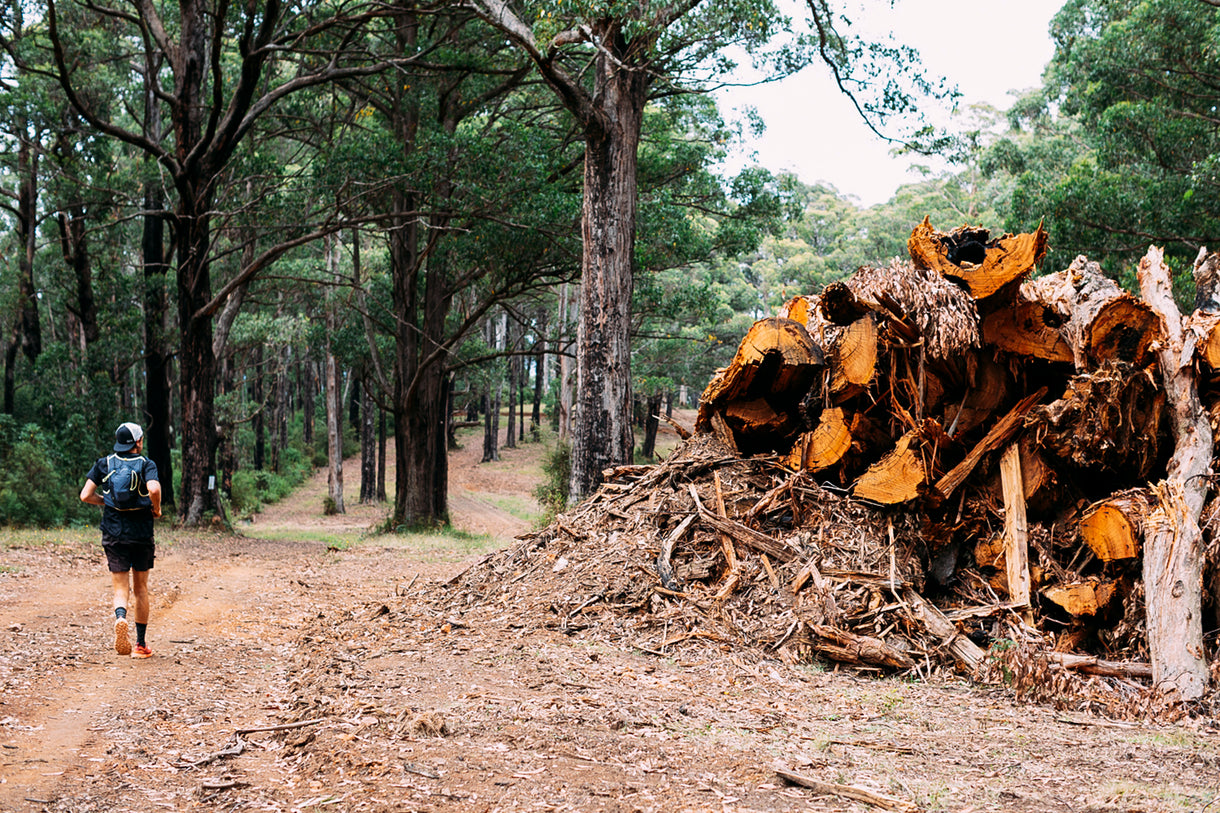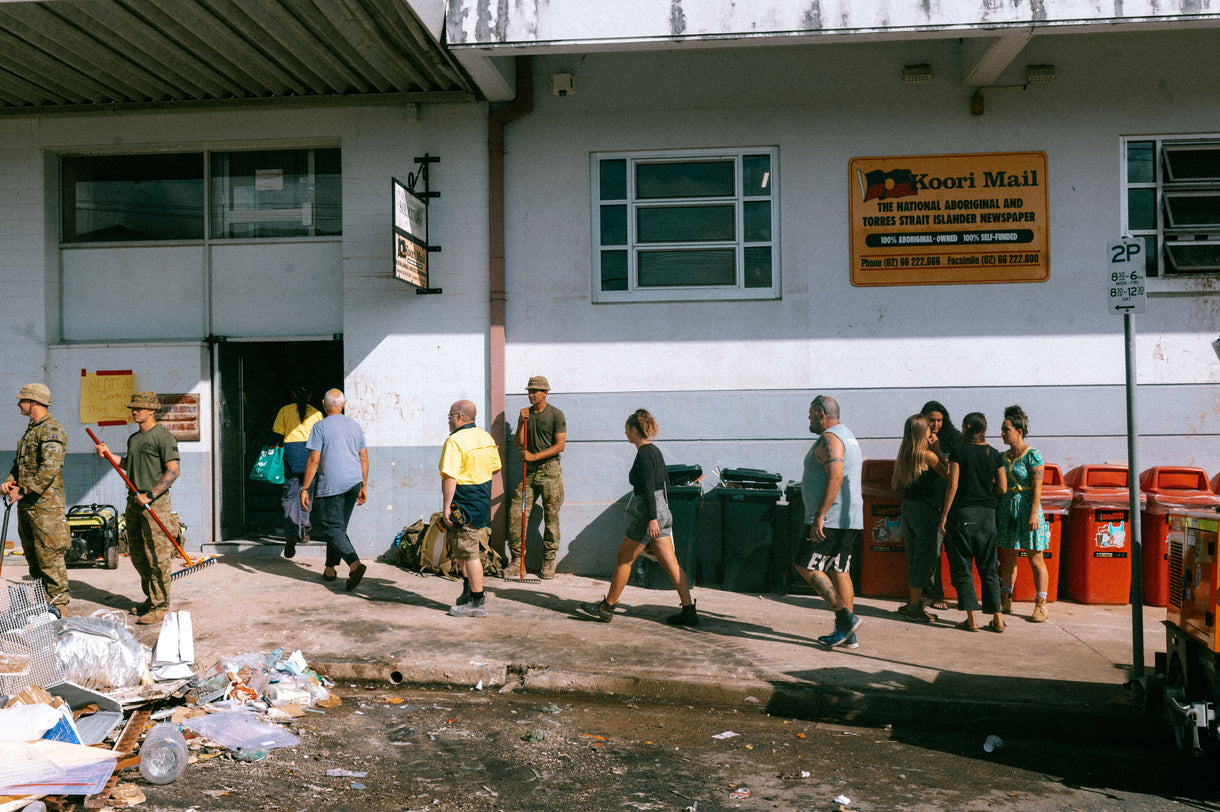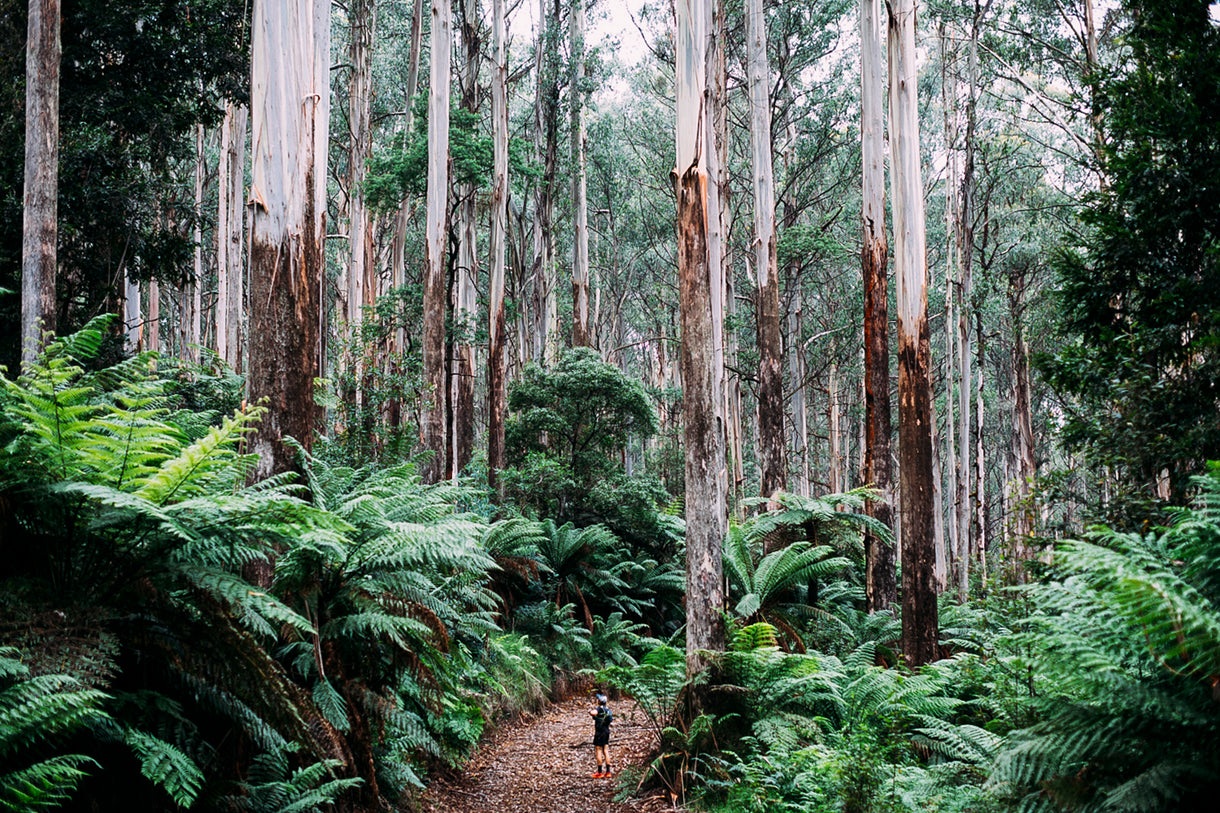Wayne Lynch has seen his beloved Otways plundered over the years. The desecration of this treasured stretch of Australian coast continues today.
When I heard they were opening up the Otway Coast for gas exploration I was absolutely horrified but hardly surprised. It now seems the fossil fuel and mining industries are free to do as they please, not just along the Otway Coast but over most of the Australian continent.
Seismic blasting of the ocean floor is planned from King Island to Cape Otway and right along the coast to Portland. There have always been projects and plans that were environmentally destructive to this area, but the degree and intensity has suddenly increased far beyond anything I have ever seen before. The early issues were mostly about the logging of old growth forests and tourism infrastructure like roads and massive accommodation projects in wetlands and forests. Now it’s gas. This continual assault on the environment is a desecration of something that is very treasured, even sacred to a lot of people.
I’m fourth generation to this area and while that pales into insignificance compared to the Aboriginal heritage of thousands of years, it does create a certain depth of care and relationship to Country. Truth is, both myself and many others find it deeply disturbing to witness yet another destructive project taking place. What seems so inexplicable is that not only will this project be destructive to marine life, from the sea’s surface to the ocean floor, but that gas is a fossil fuel that will release huge amounts of CO2, and more alarmingly methane gas, which will contribute to the climate crisis we are already experiencing.
This is not a solution. This is only creating an ever-increasing problem.
In the face of these projects, it’s become more and more obvious that our weather is changing. It’s more erratic and more intense with hotter, longer dry periods creating record droughts, the most intense fires in recorded history and just recently the biggest floods ever recorded. The erosion I see now along our coasts is alarming; whole beaches disappearing, primary dunes gone, and in places like Apollo Bay rock walls and groynes have needed to be built just to save the Great Ocean Road from being eroded away. The UN has recently issued a Code Red alert on climate. We are in a dire situation and action must be forthcoming now. Yet in the face of all this scientific and physical evidence we are continuing along the same old path of destructive projects. It leaves myself and many others incredulous. Are we collectively this stupid?
The reality is that the earth will continue to exist, it’s our human civilisation that will be destroyed.

For those of us not in positions of political power, or corporate power, it can become very frustrating and at times ever depressing. Over the years I‘ve witnessed positive changes like the civil rights movement, the Vietnam moratorium marches, Aboriginal citizenship and land rights, women’s equality and different environmental successes all happened because people came together and demanded change. Much of the positive change and social development we enjoy today from those years of upheaval in the late sixties and seventies happened through the weight of numbers forcing change. It’s only if we come and stand against this current lack of action that we will be able to stop the inevitable catastrophe that approaches.
It makes no difference what government is in power, if they realise their hold on power is tenuous and subject to an informed public – not corporations – they will have to make decisions for the benefit of everyone, not just a few.
To finish this off, I’ve quoted Thich Nhat Hanh, a Buddhist monk from Vietnam, who says in a much more eloquent and concise way than I could never hope to emulate, that, “If we continue to live the way we are living, the end of our civilisation is certain. Only by waking up to the truth as a human species will we have the insight and energy we need to change our way of life.”
For more on the offshore gas issue around Australia visit Patagonia's Big Gas Don't Surf page.

